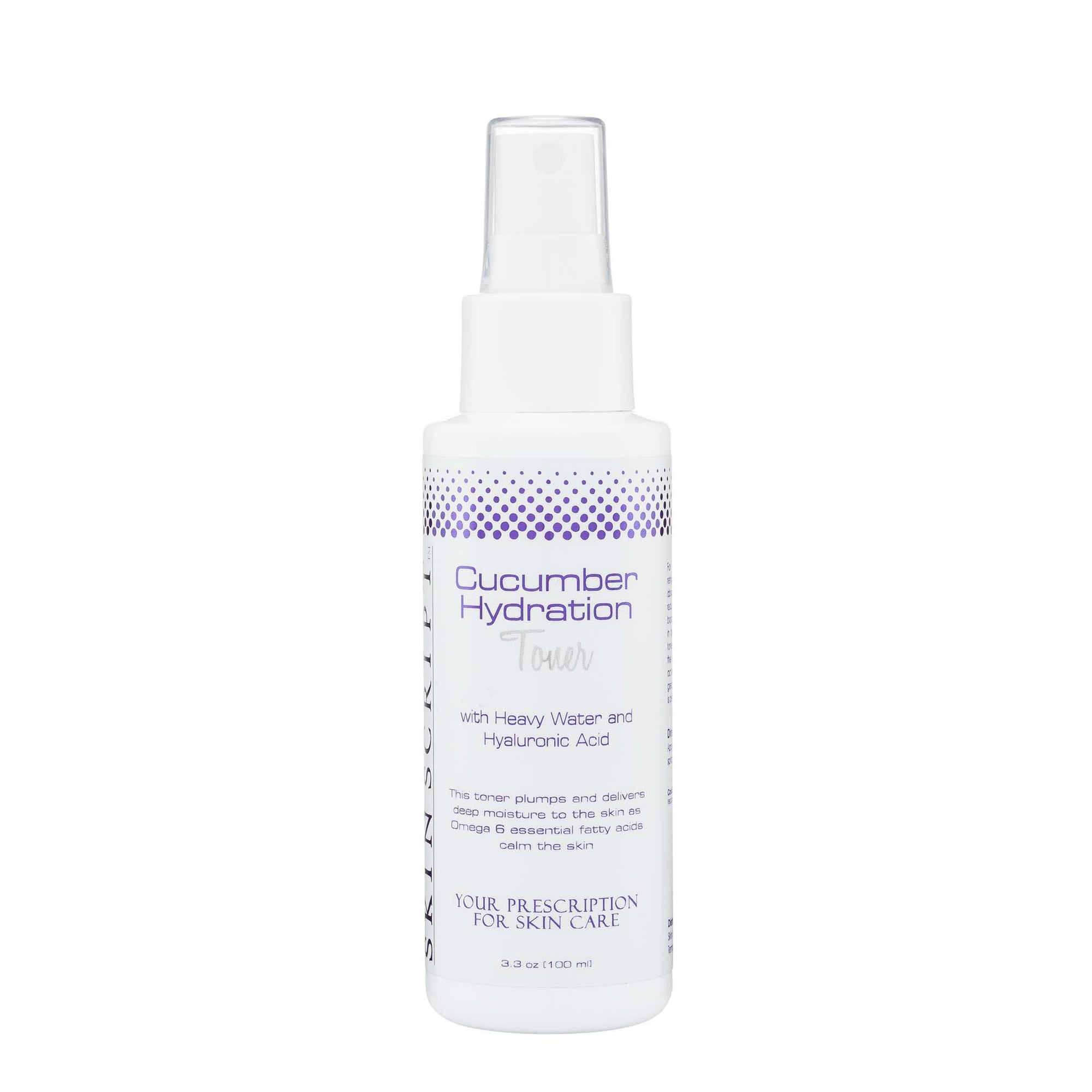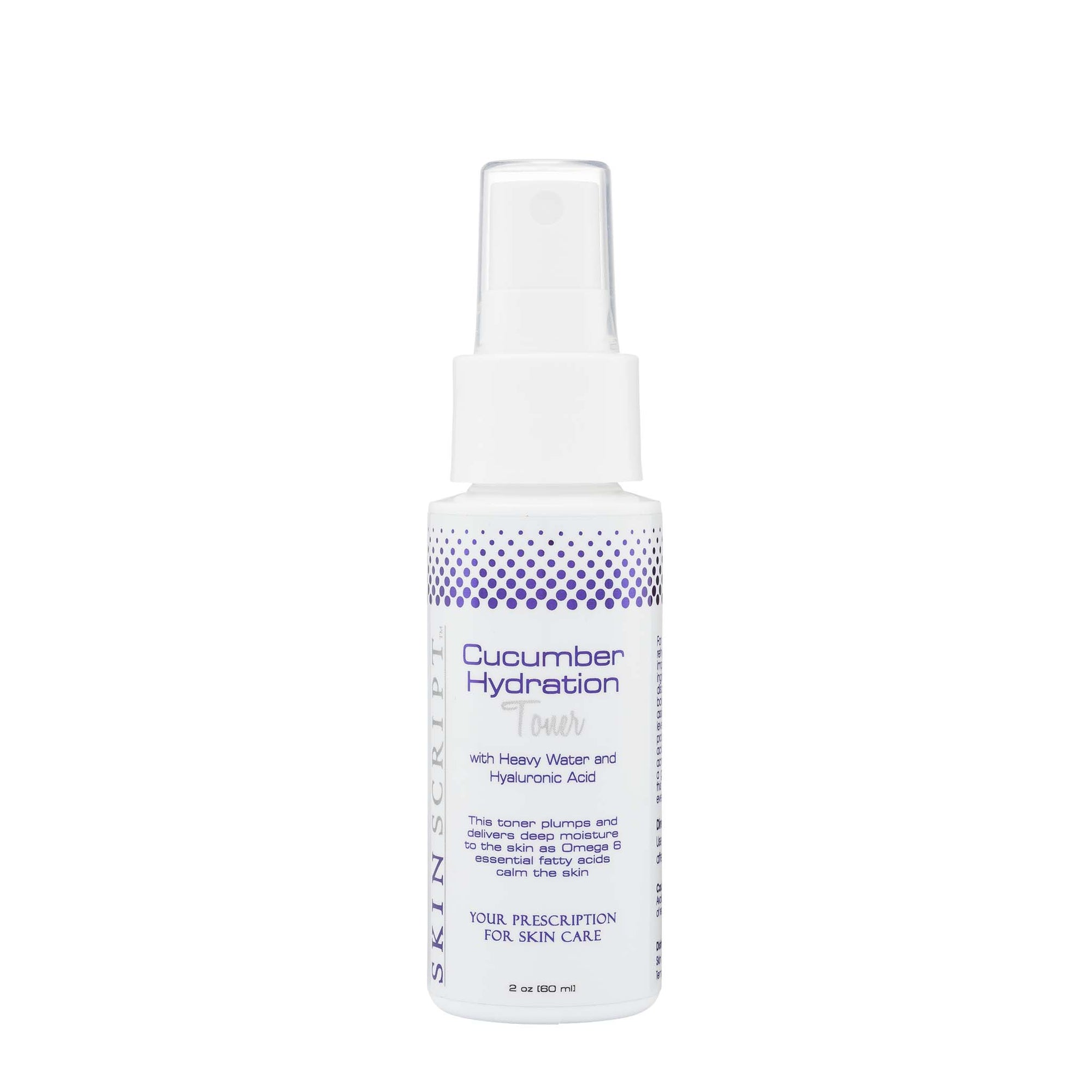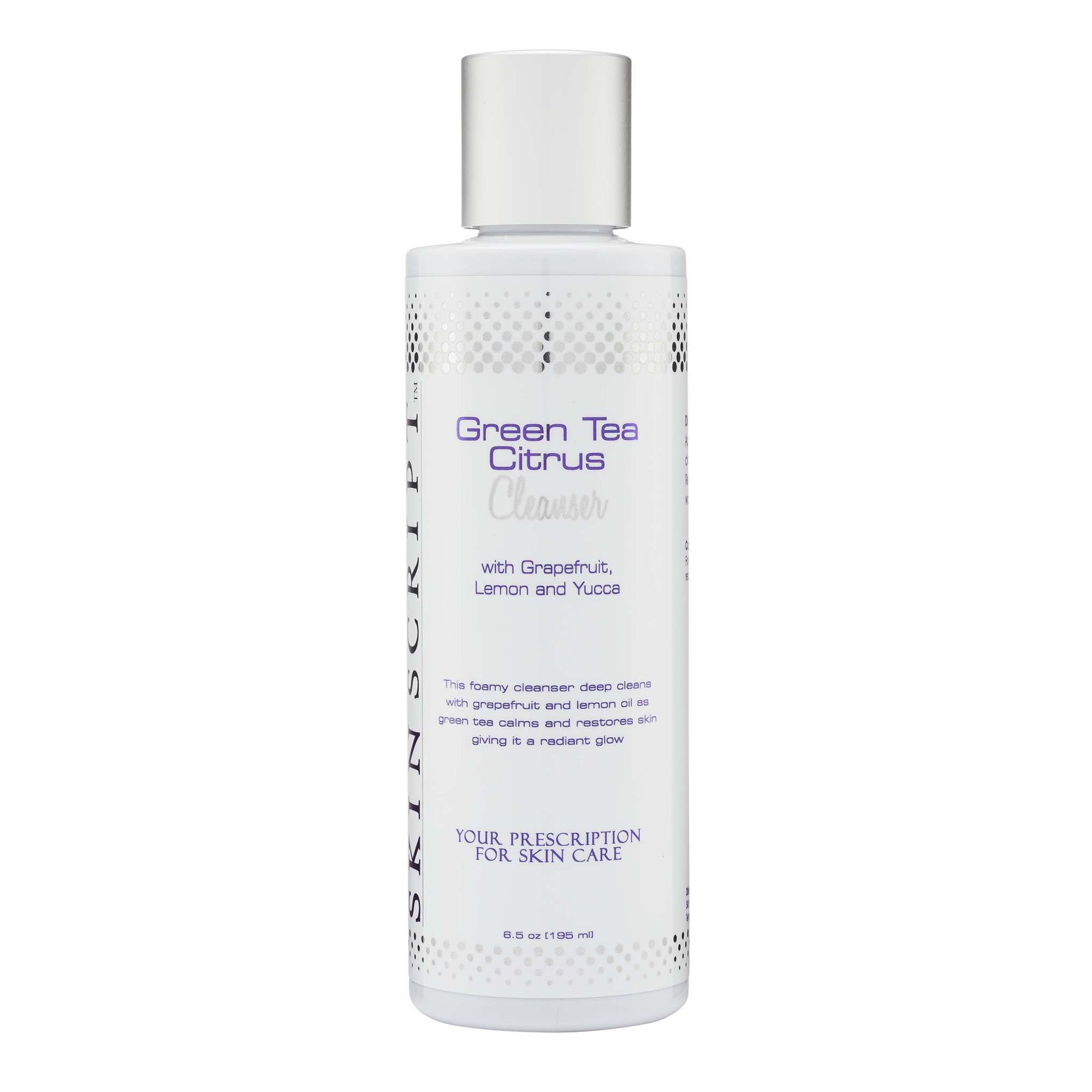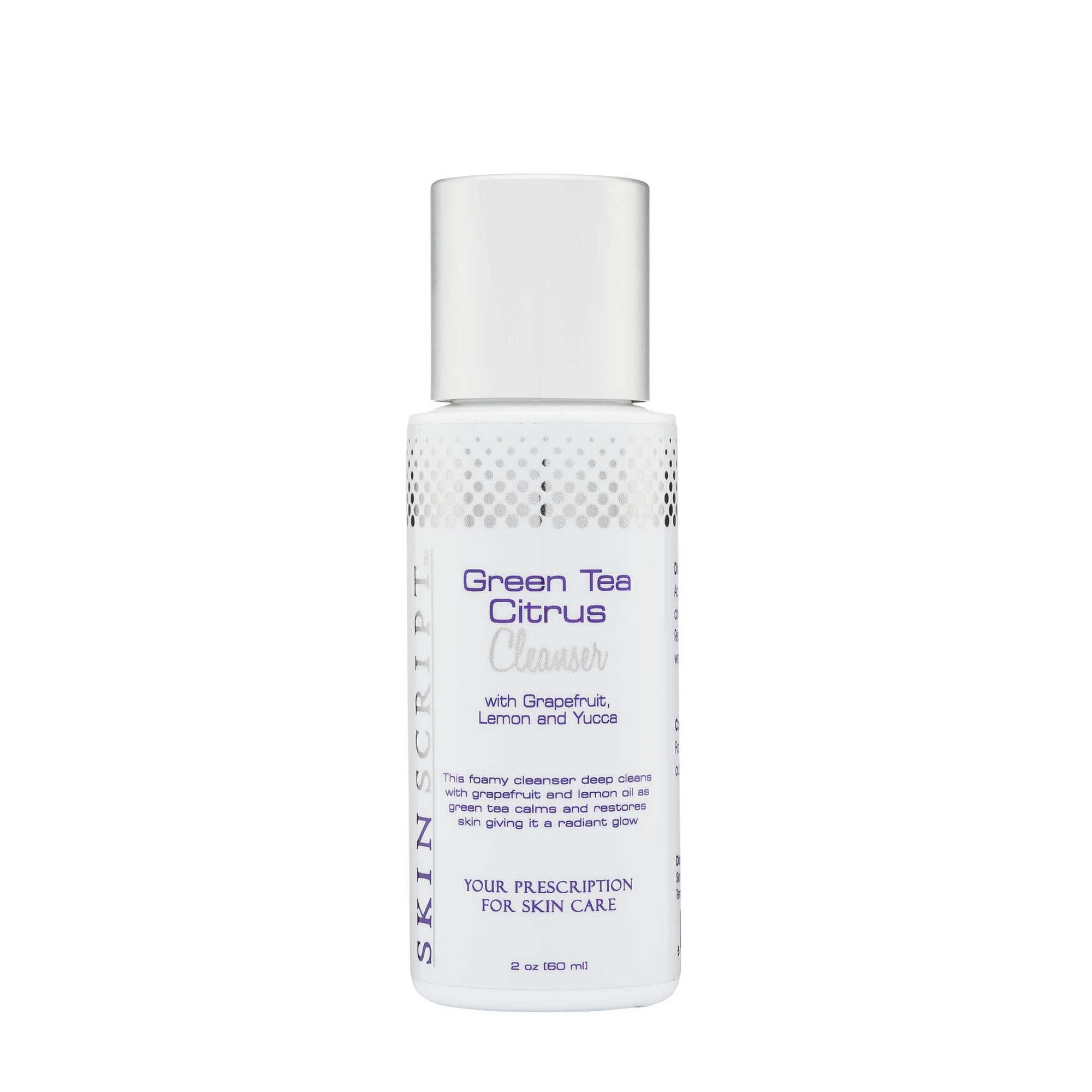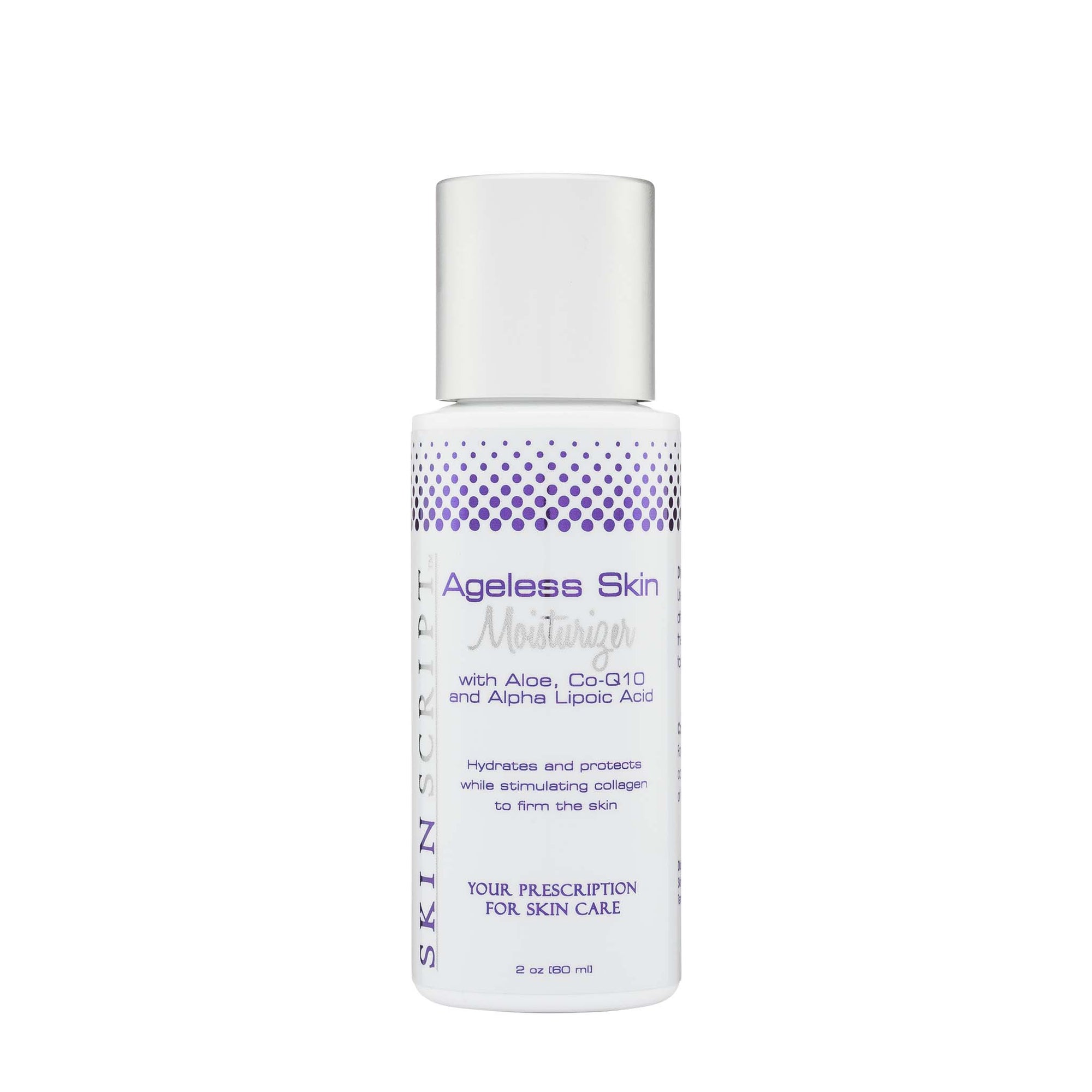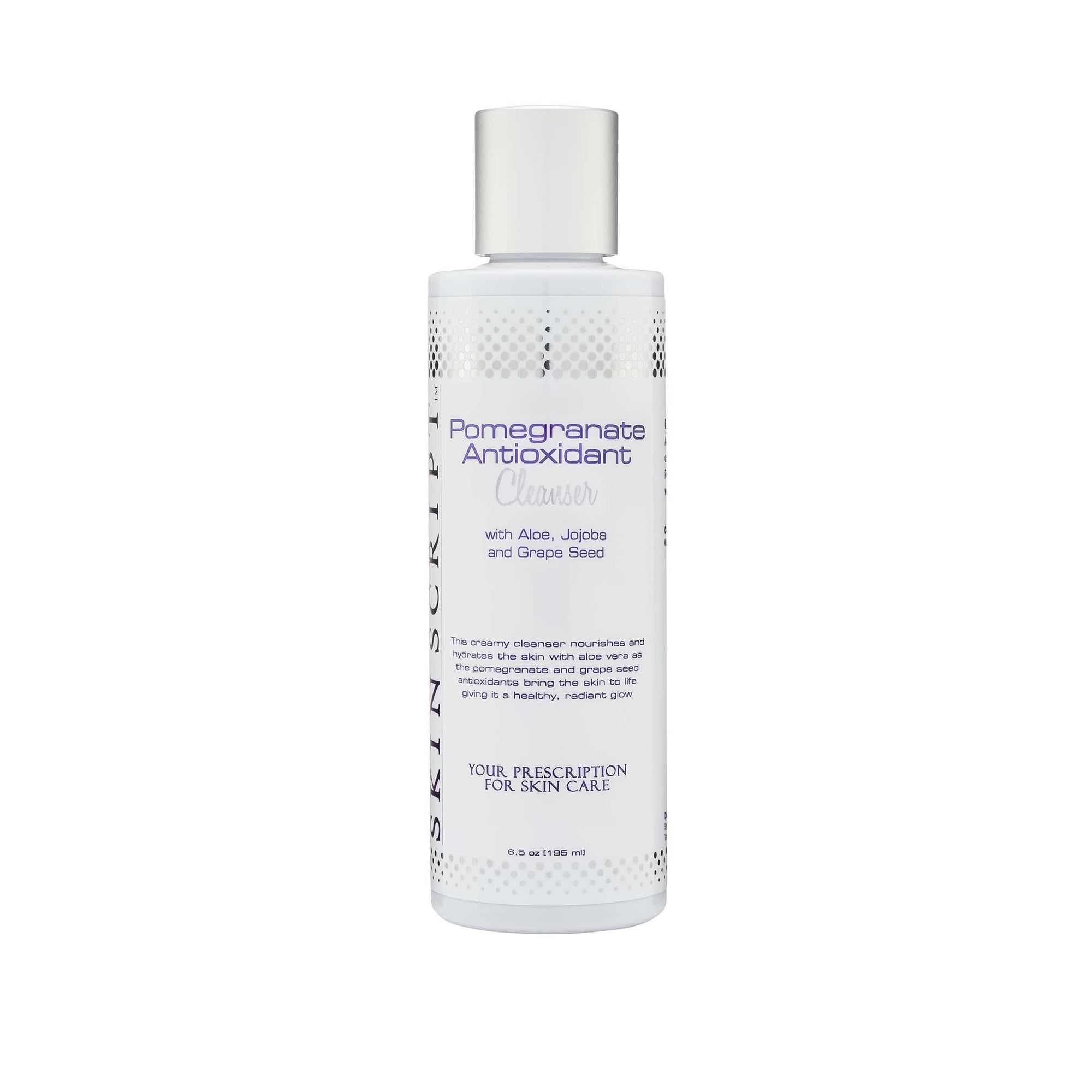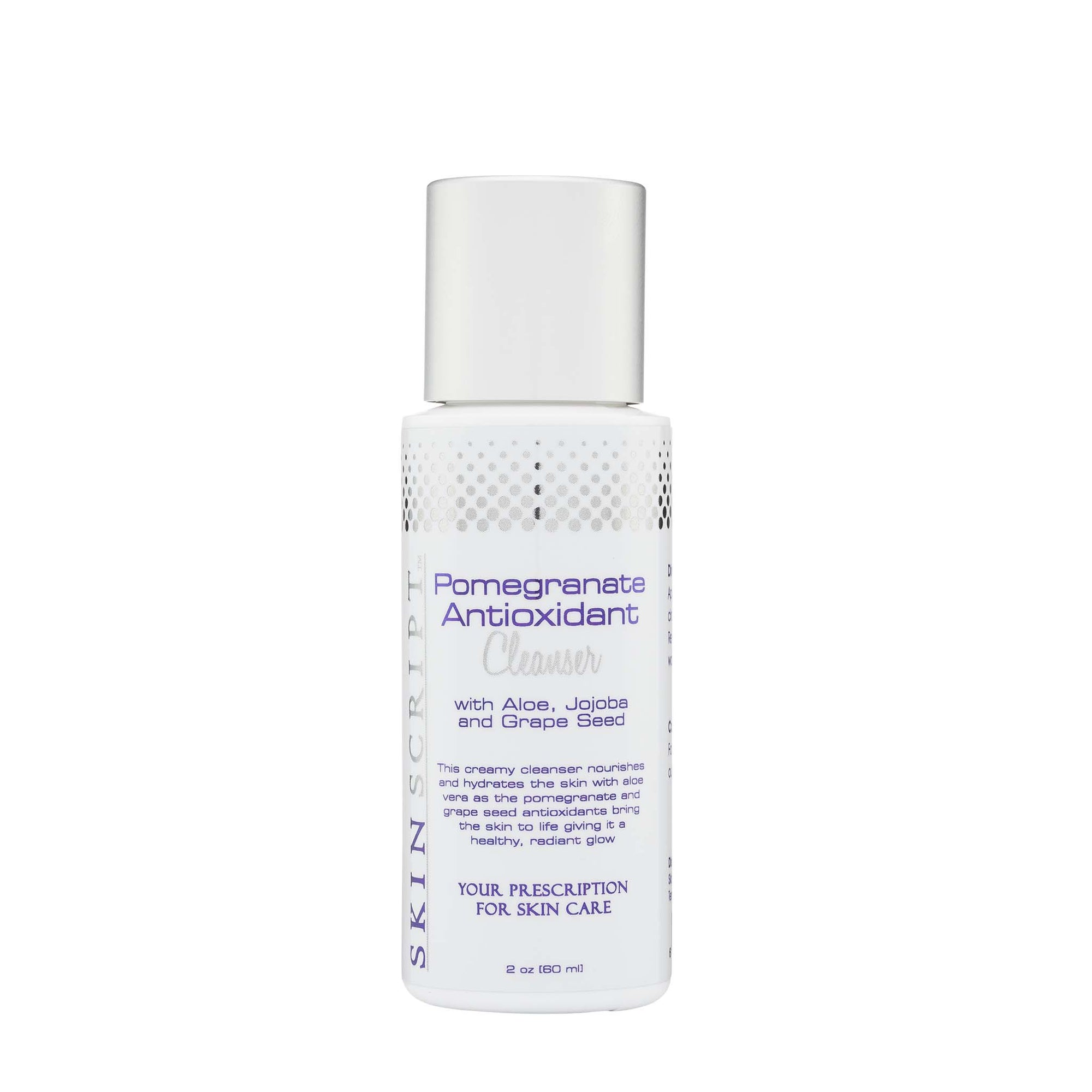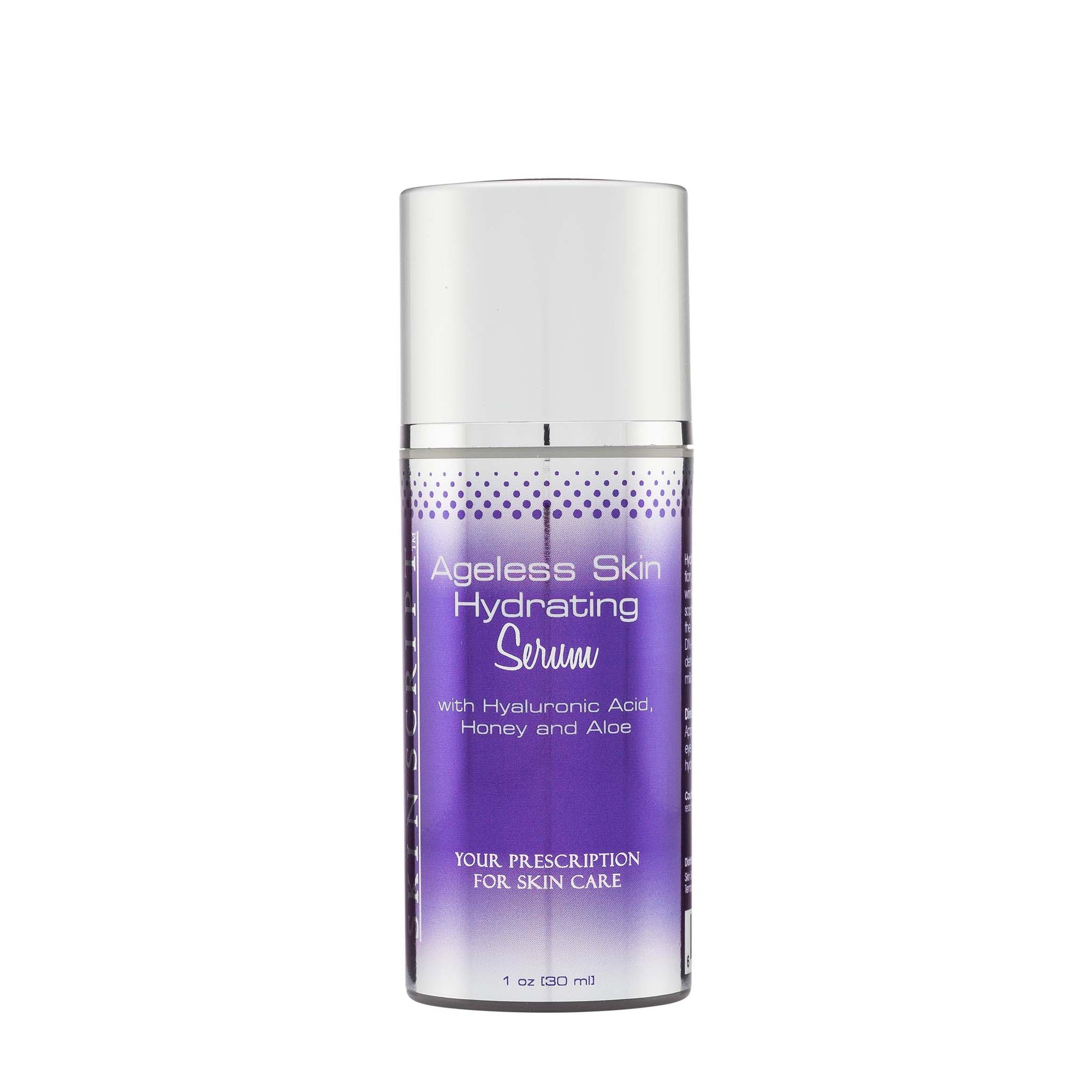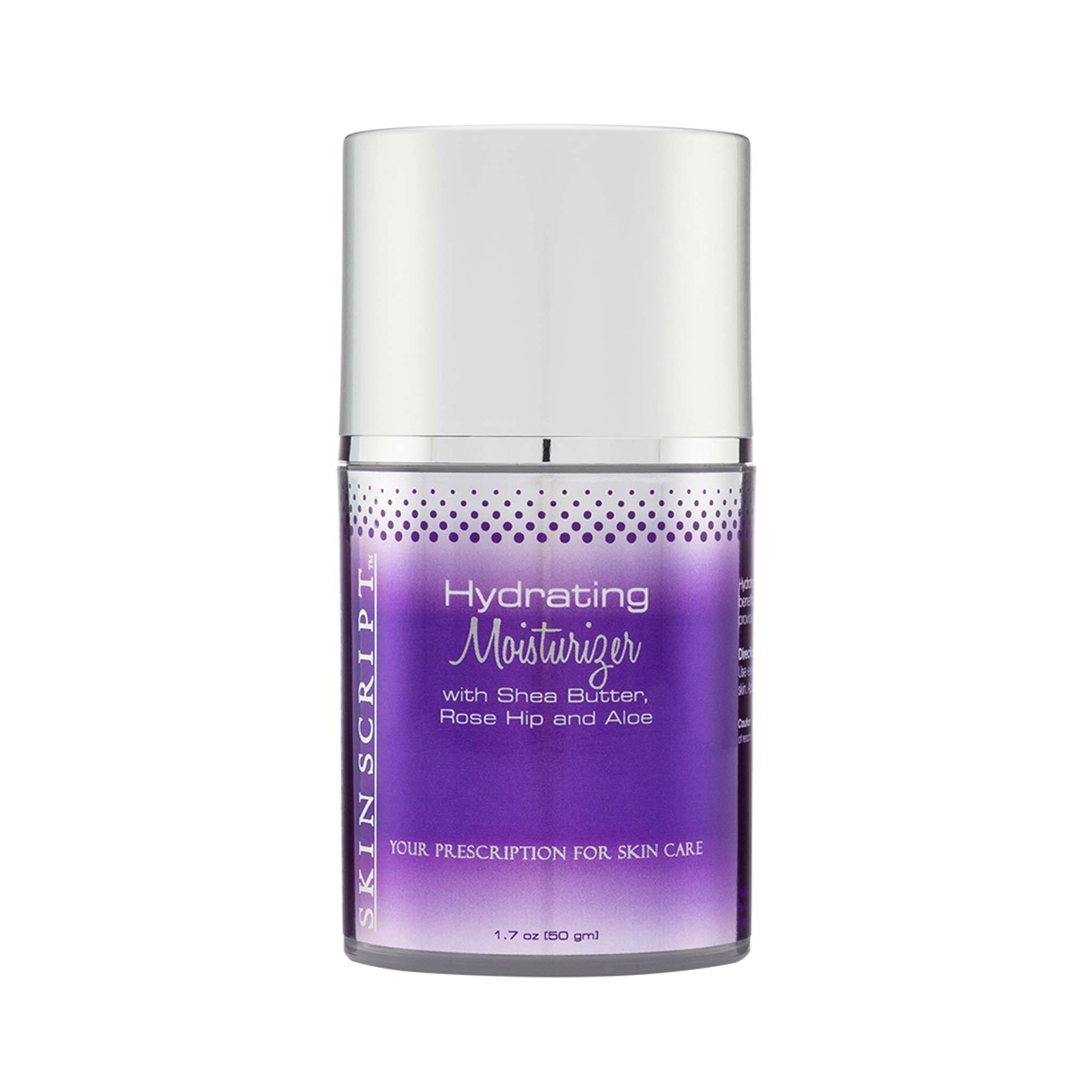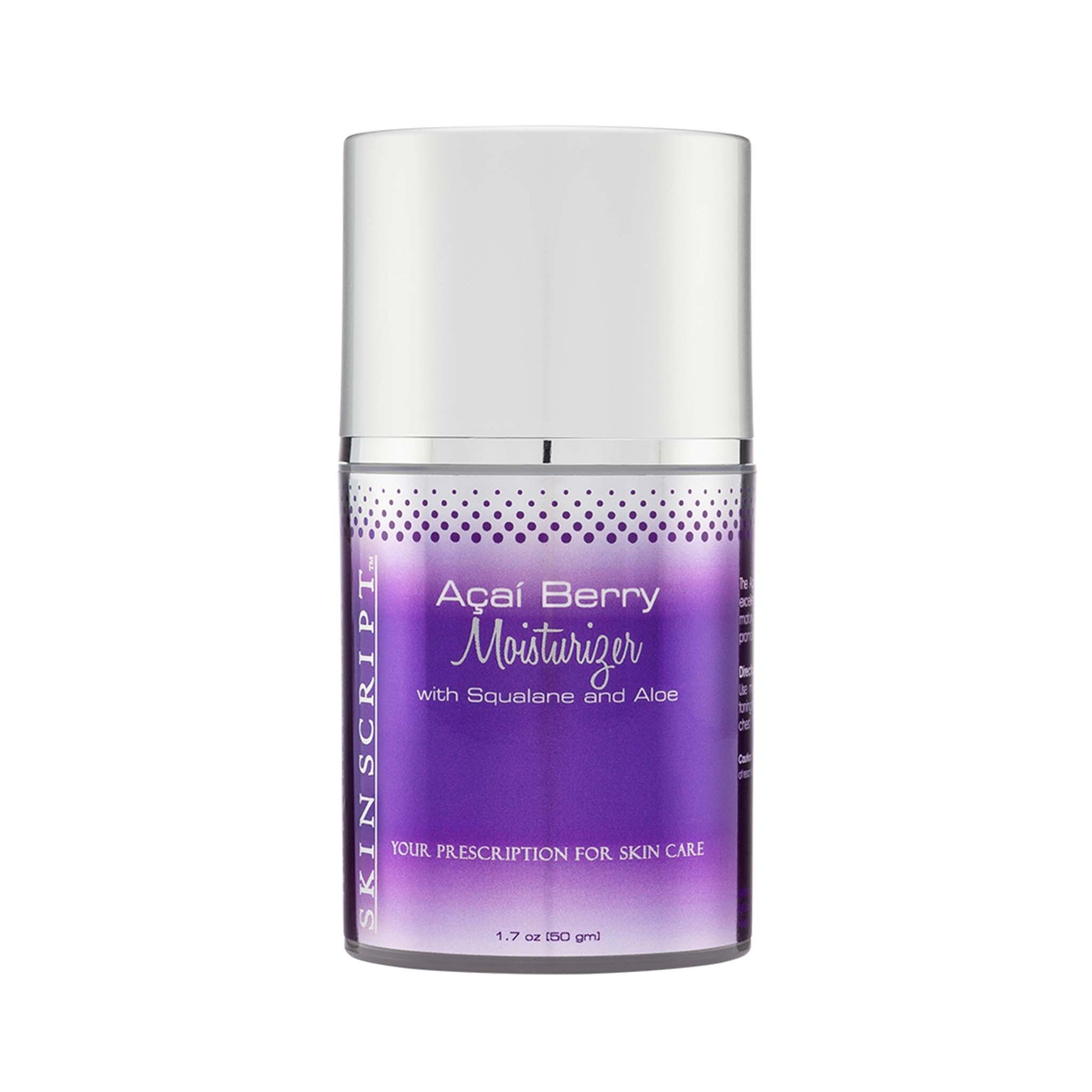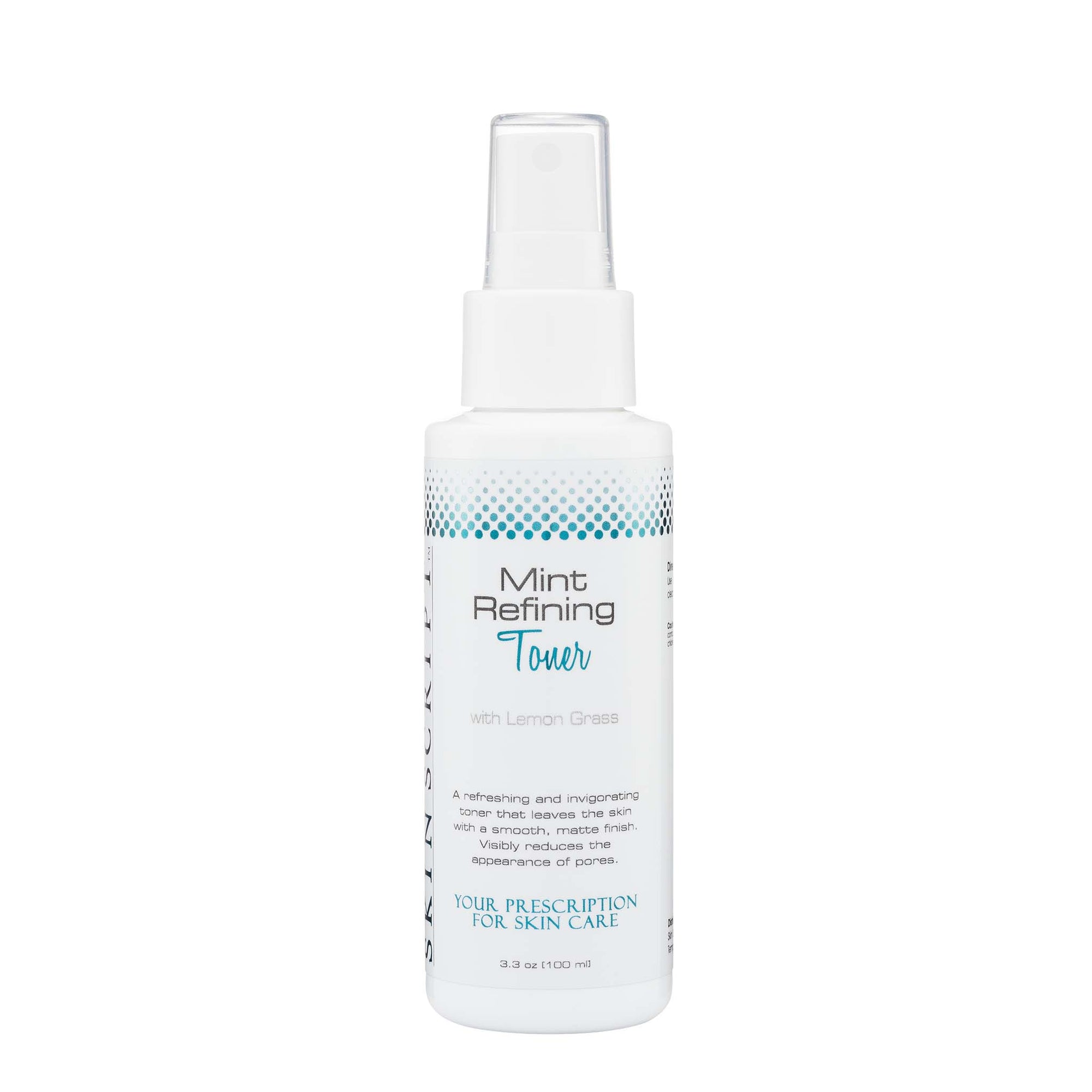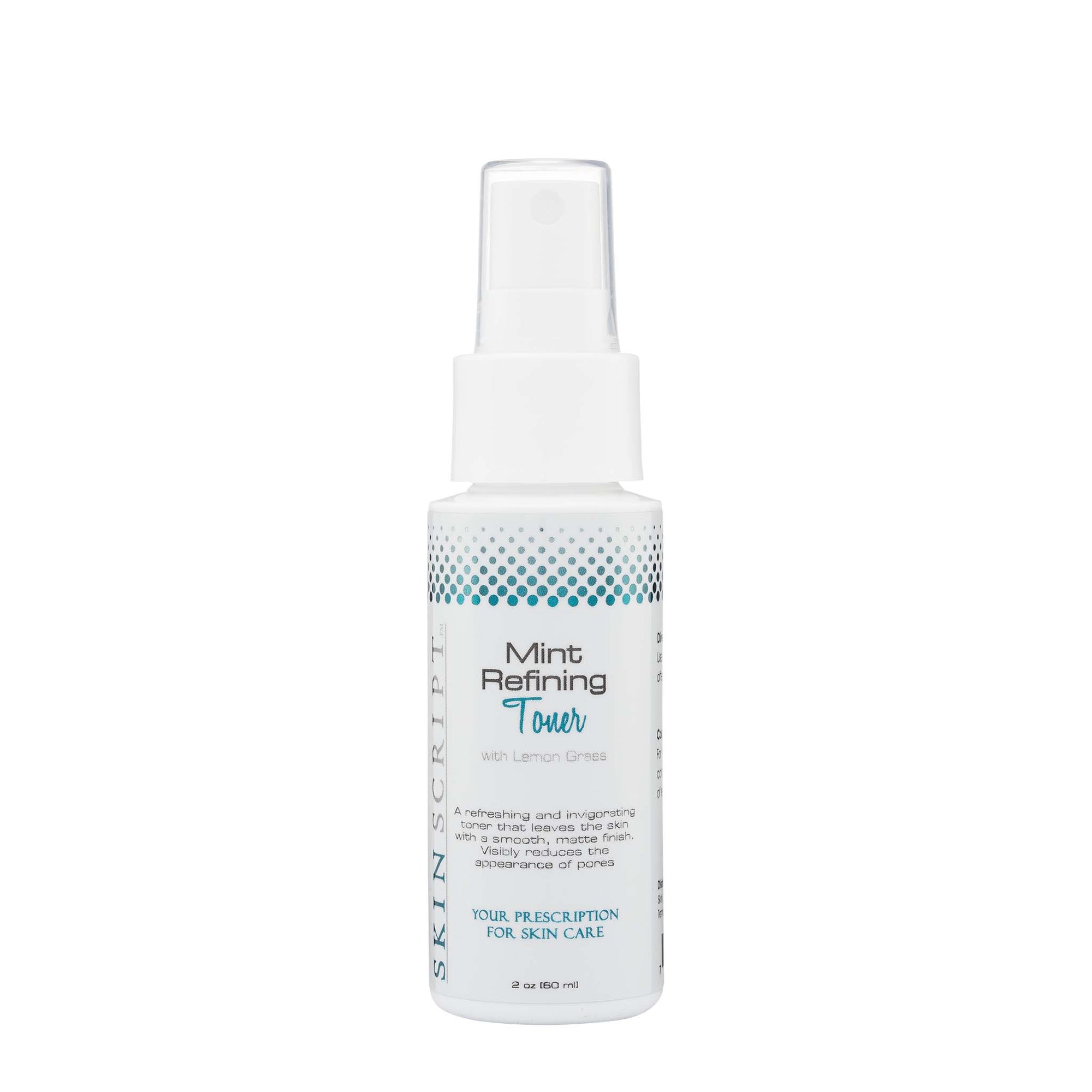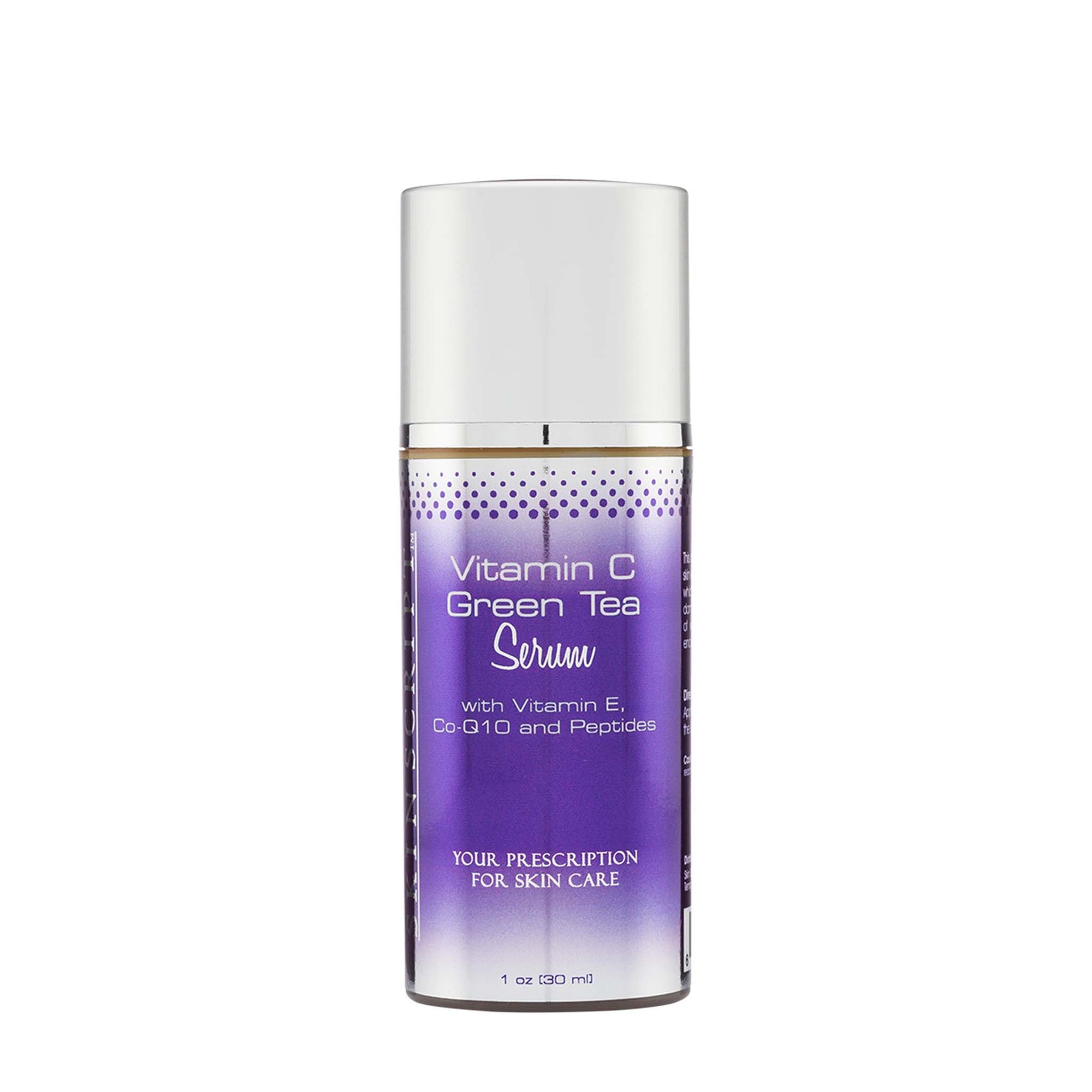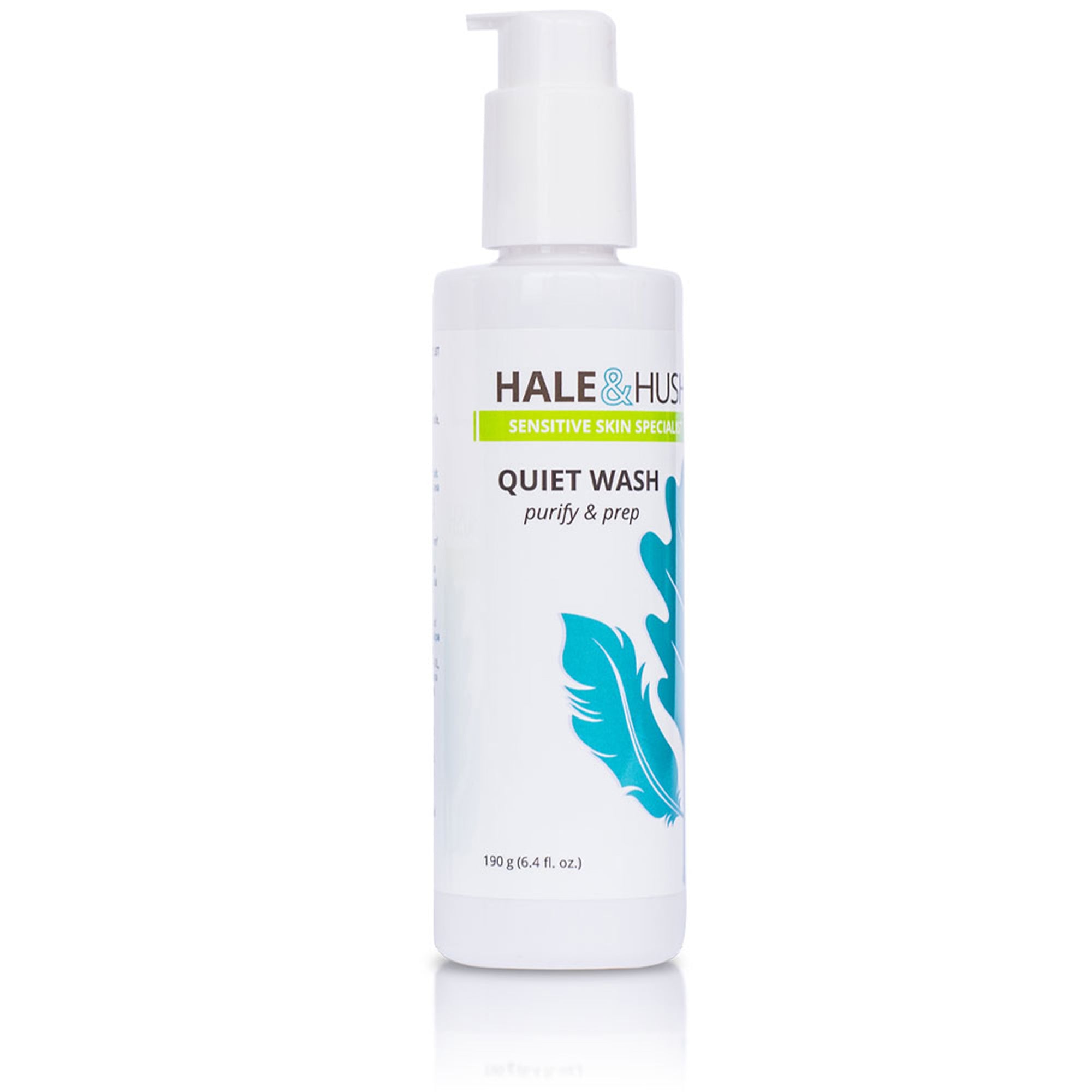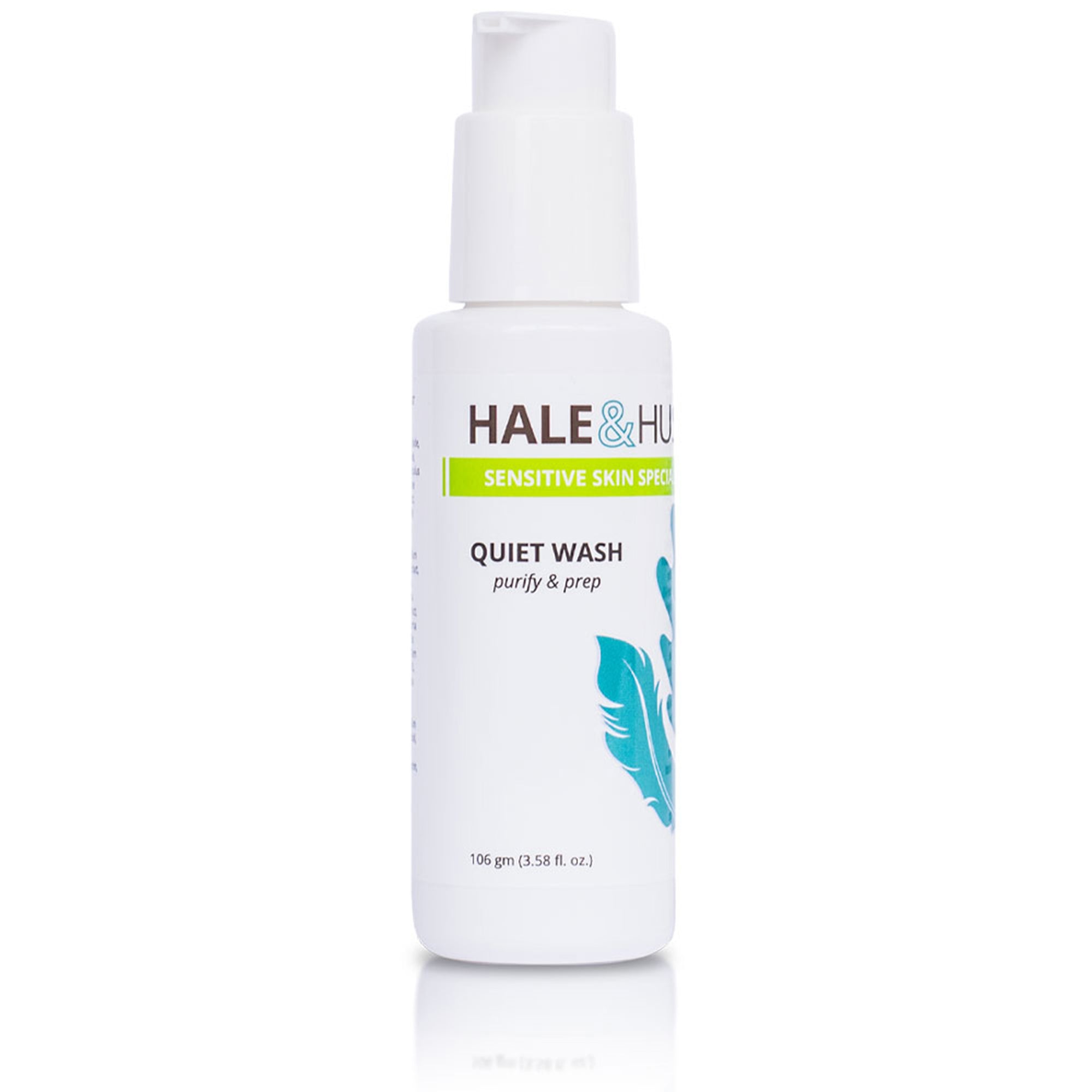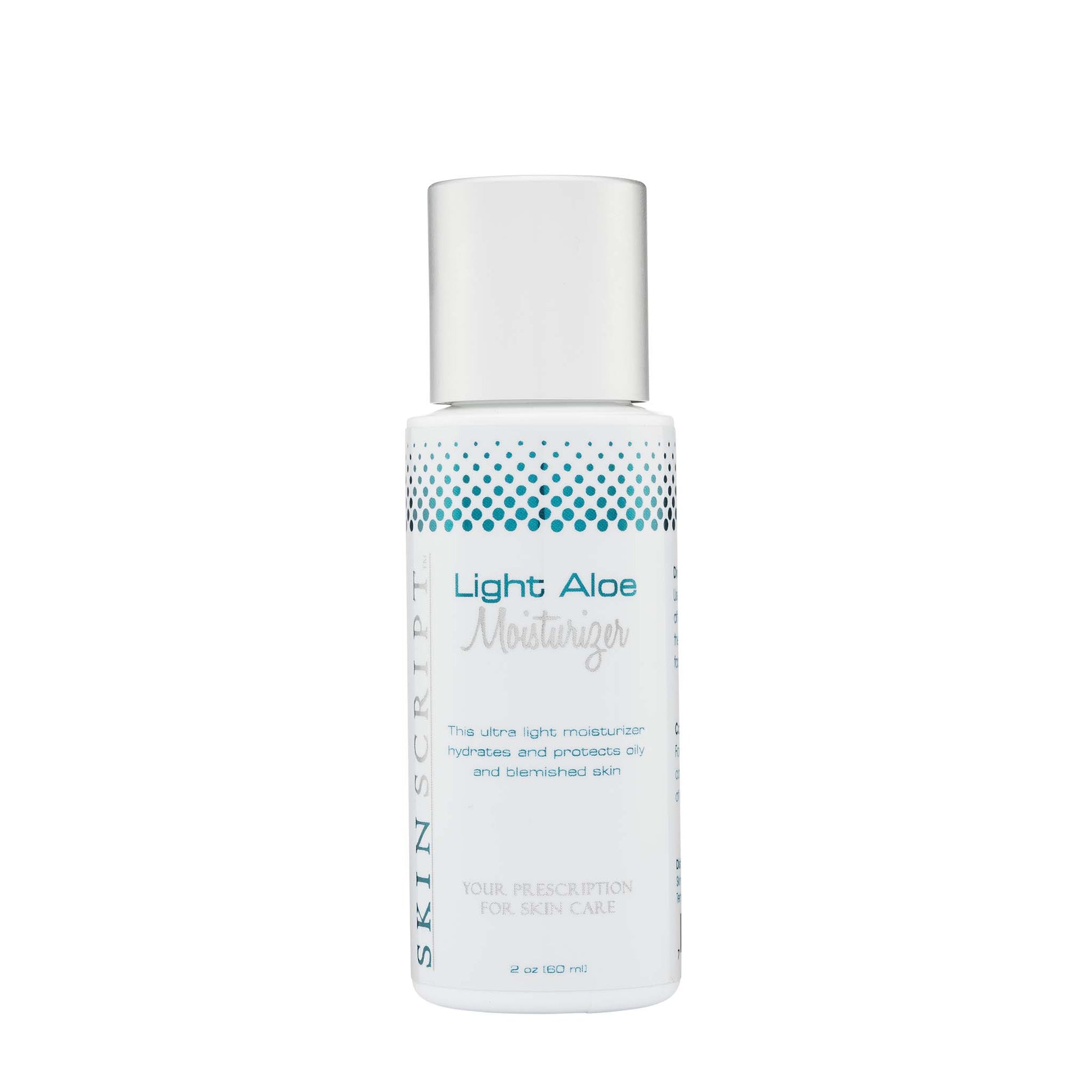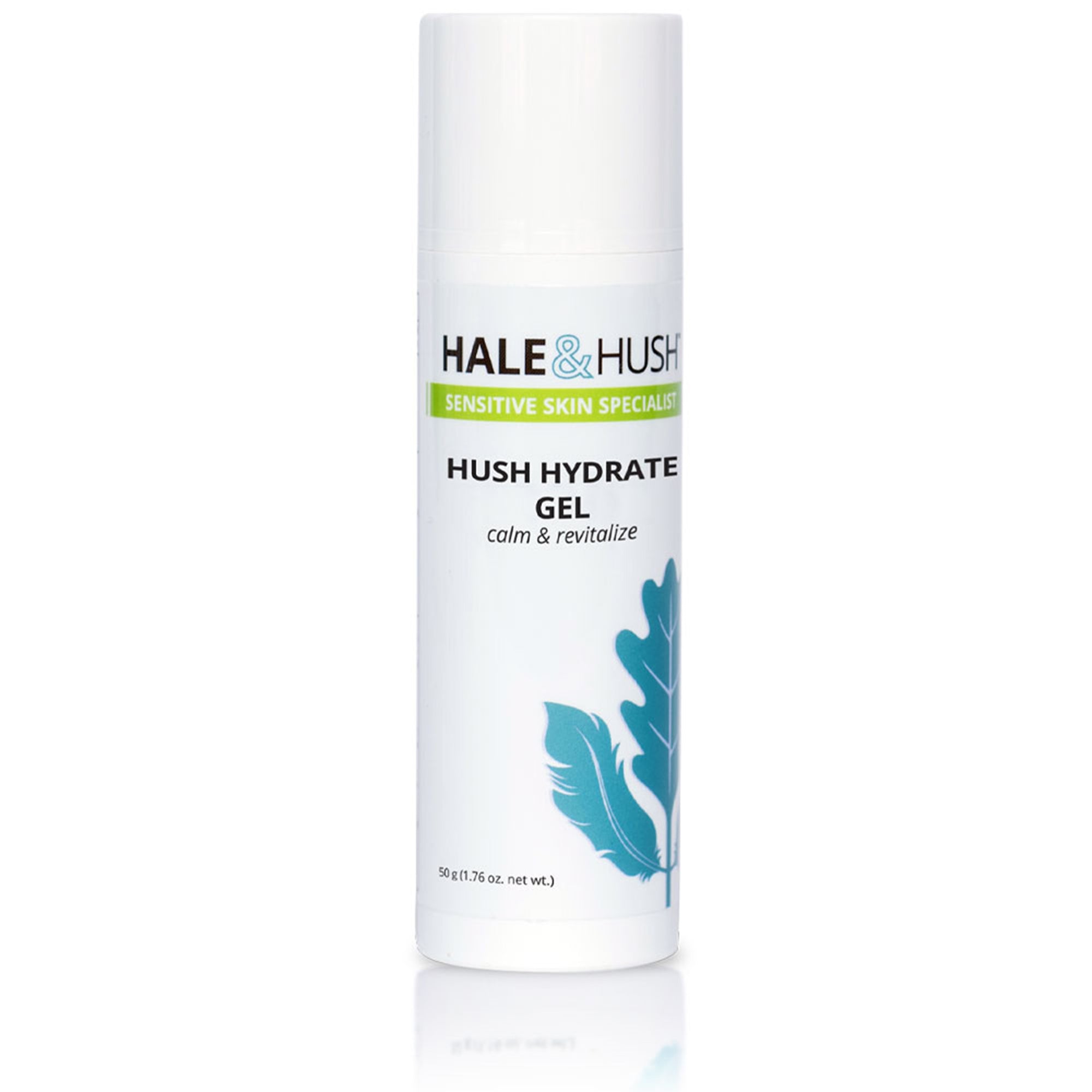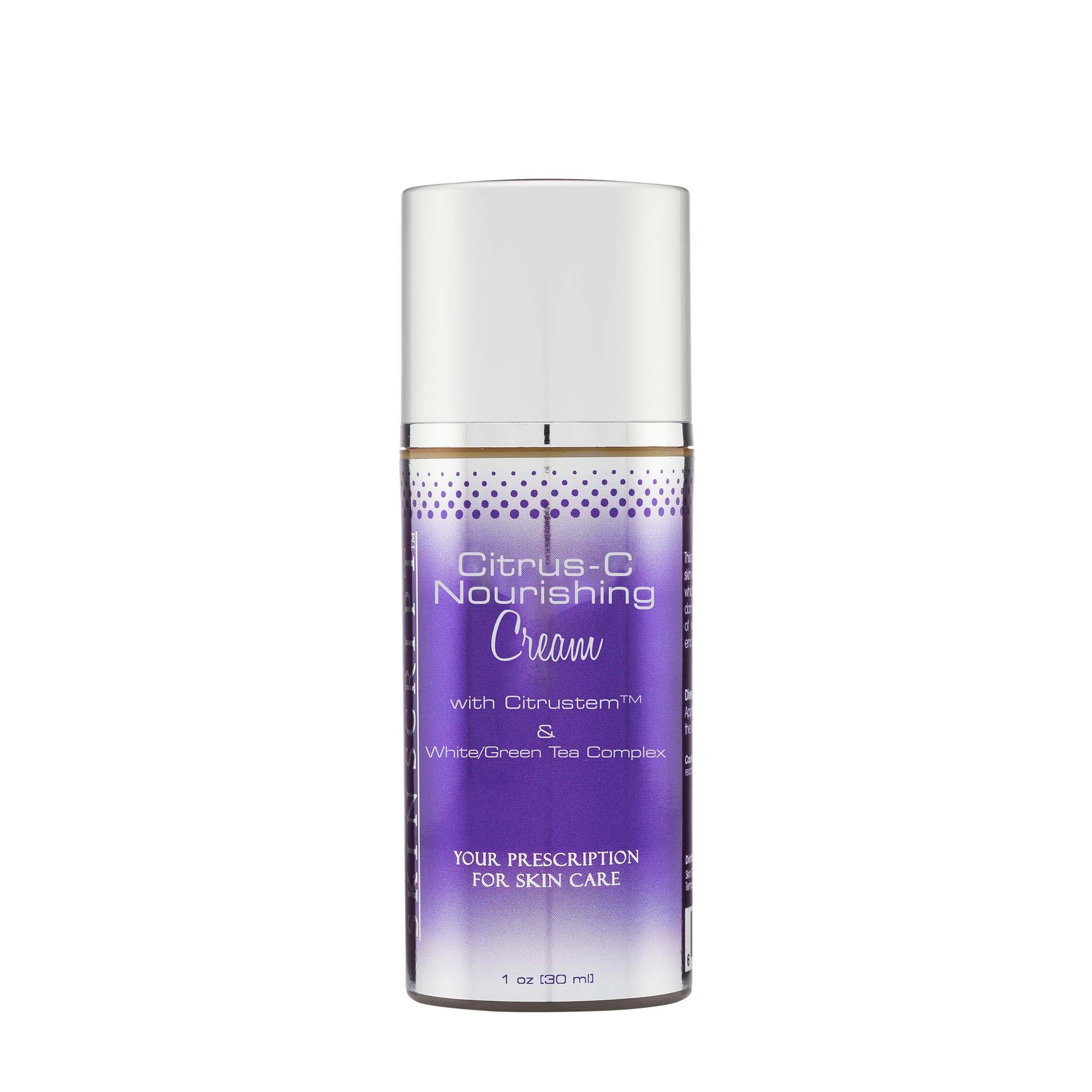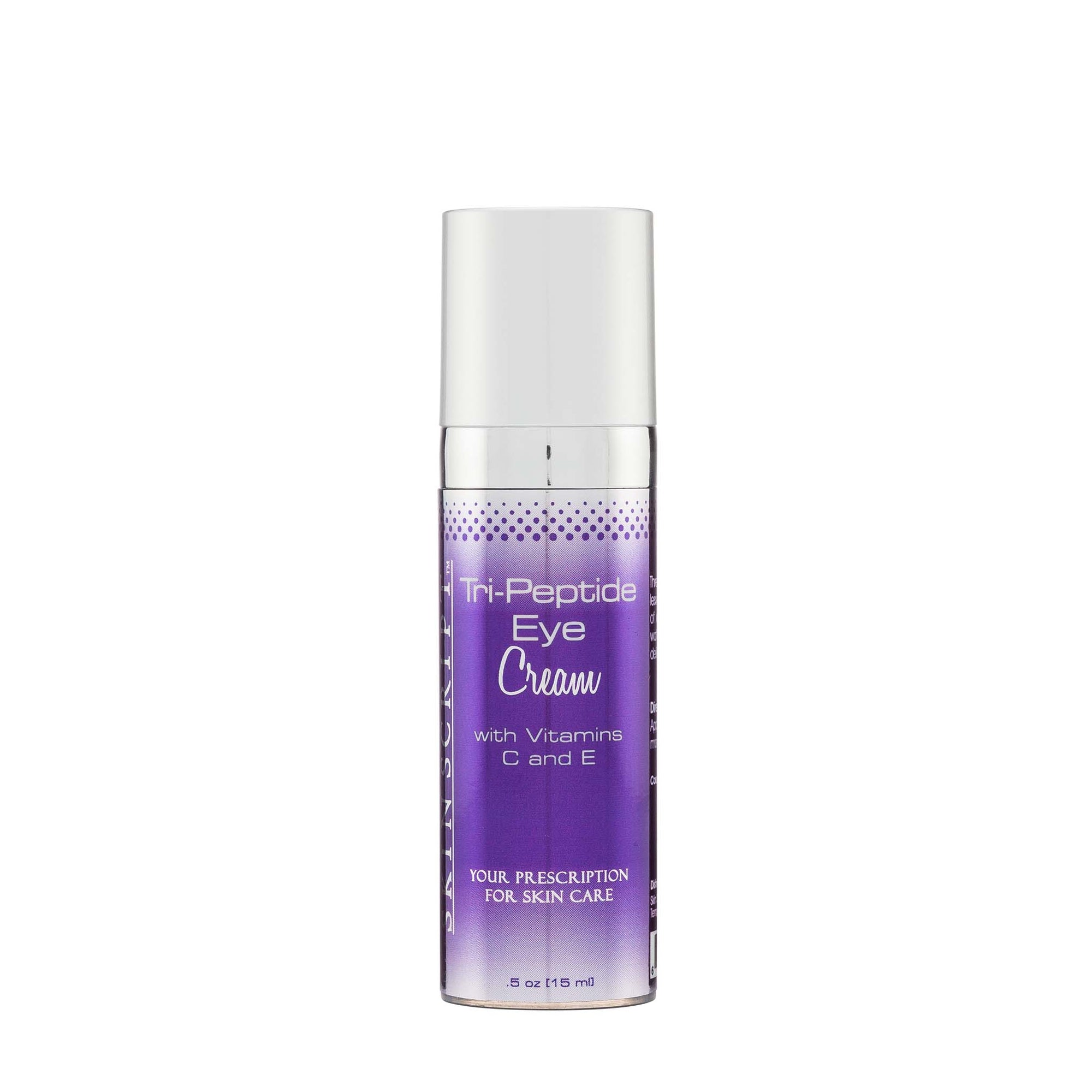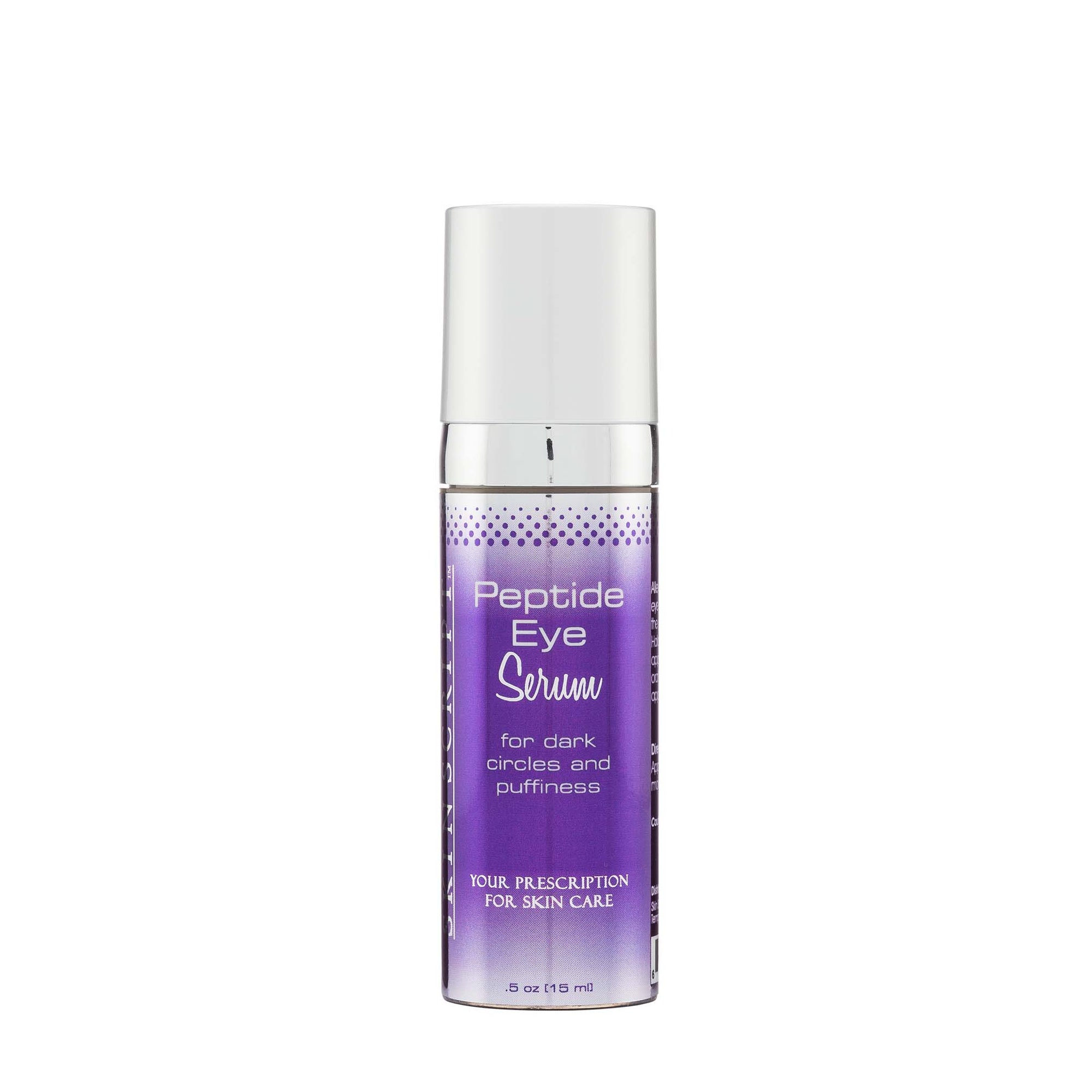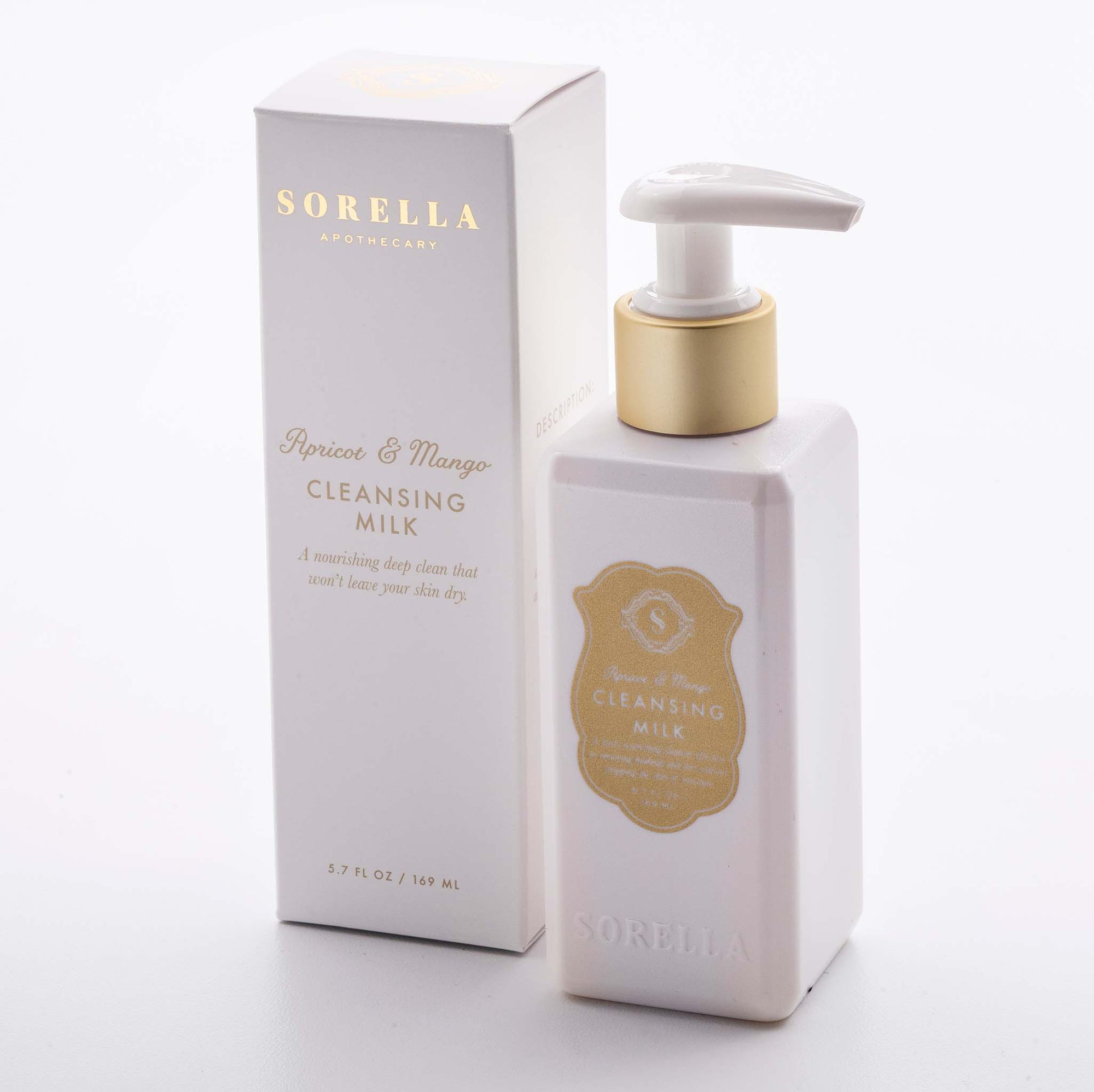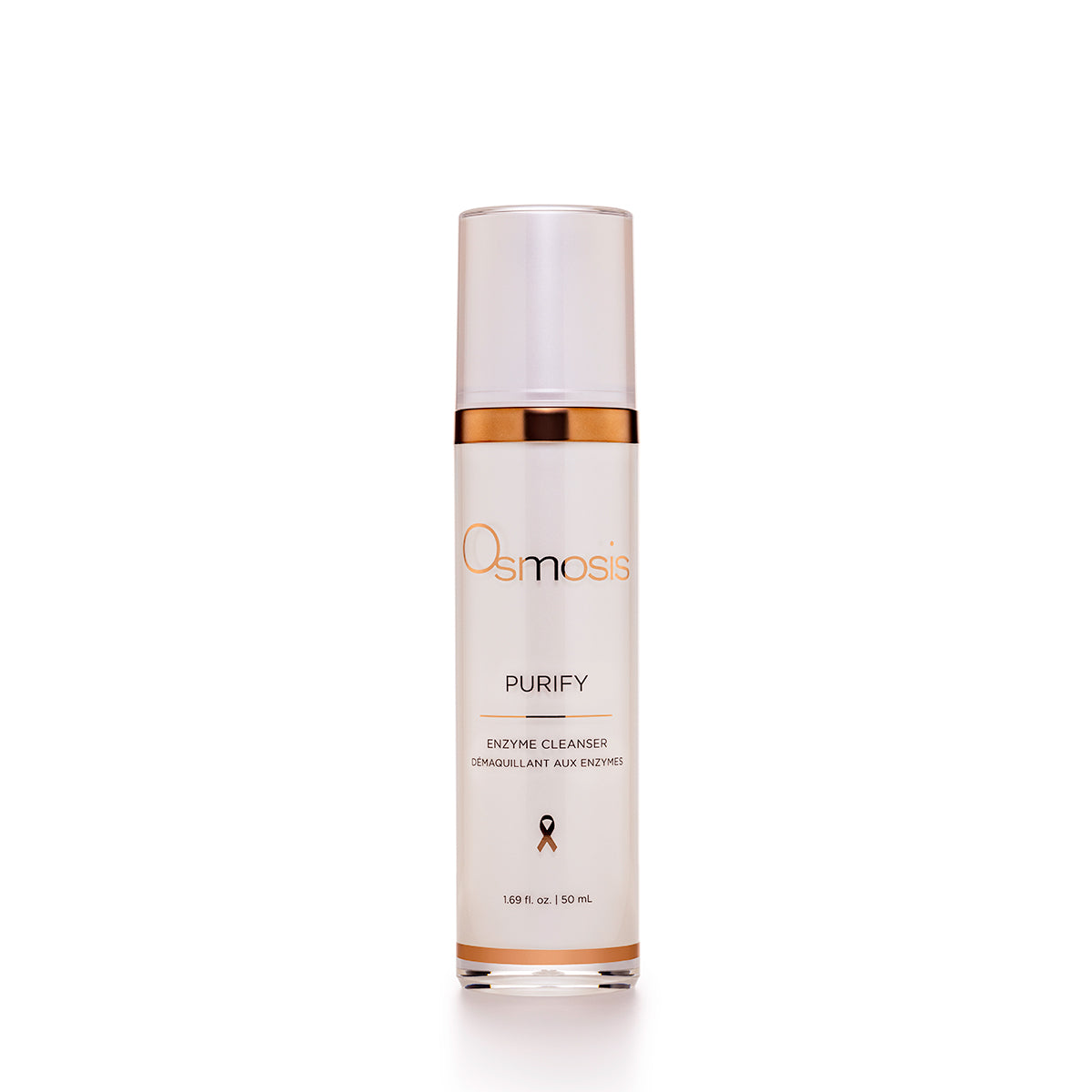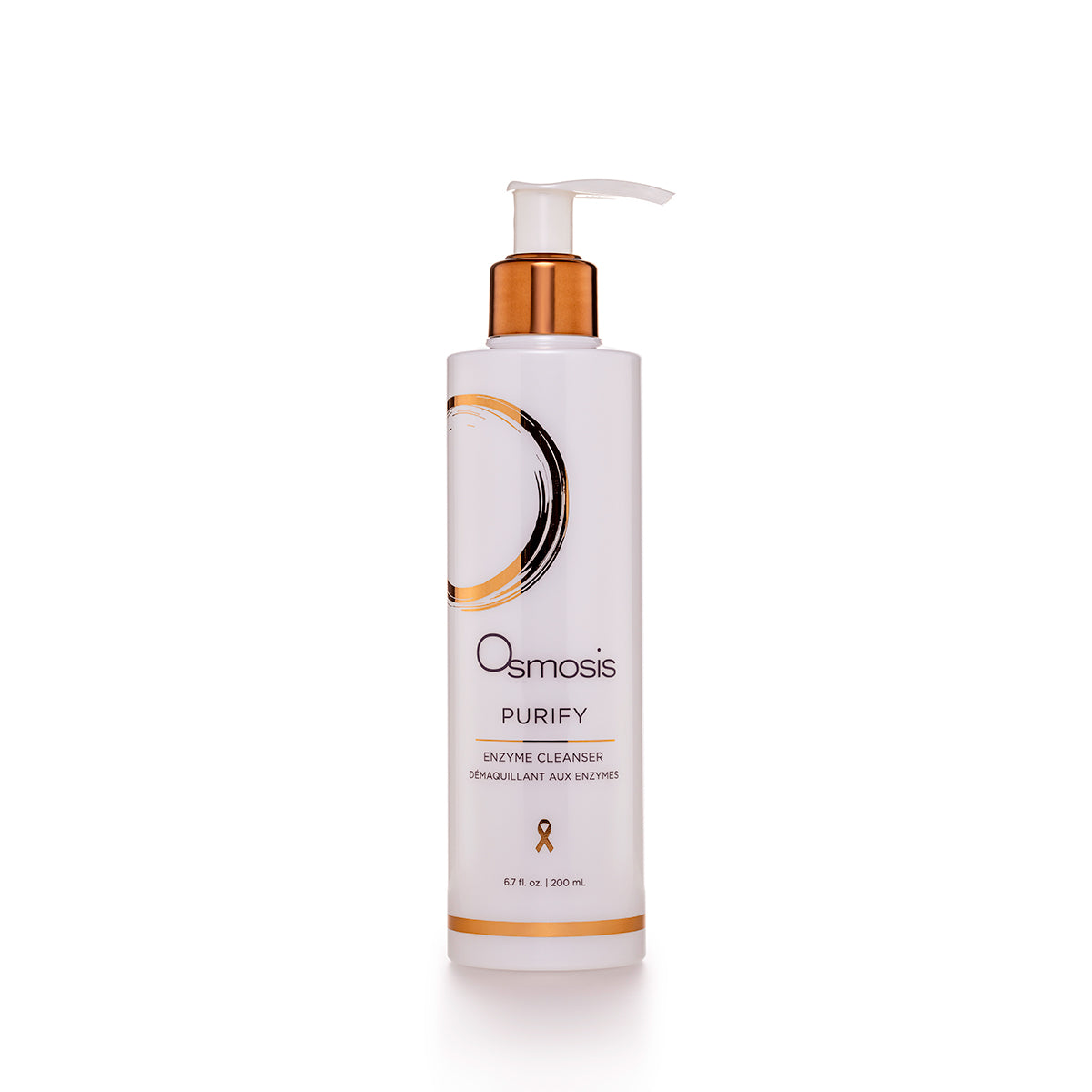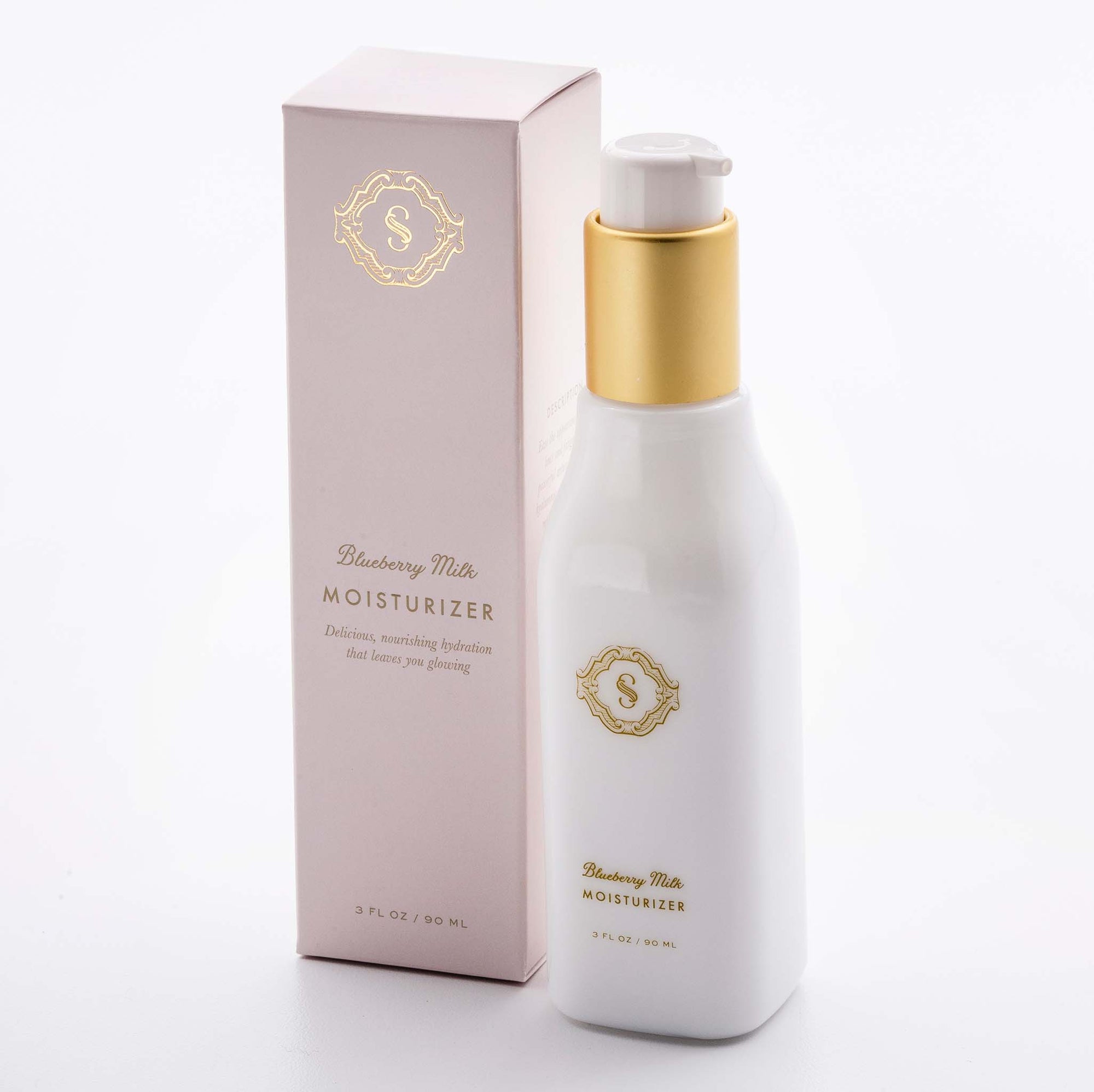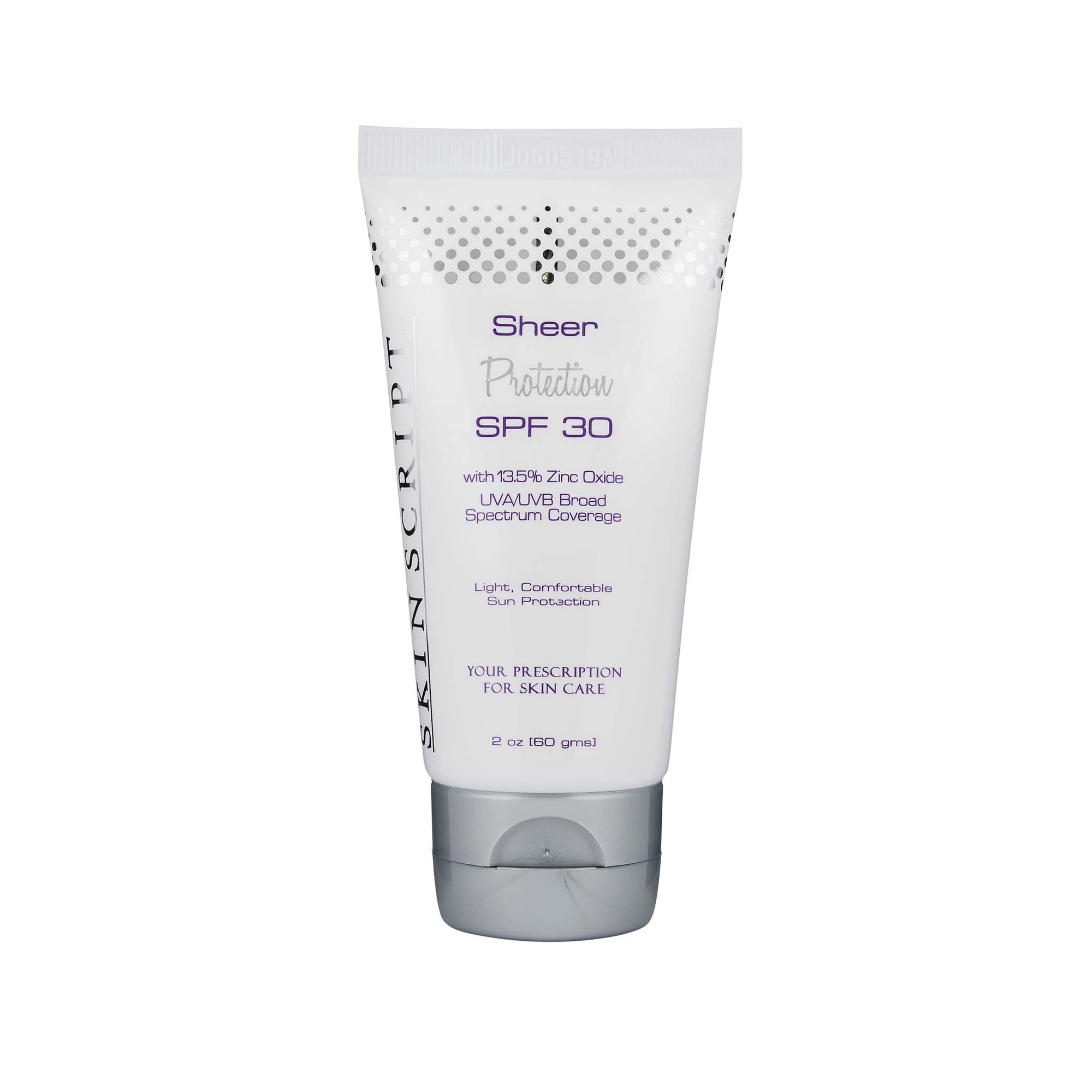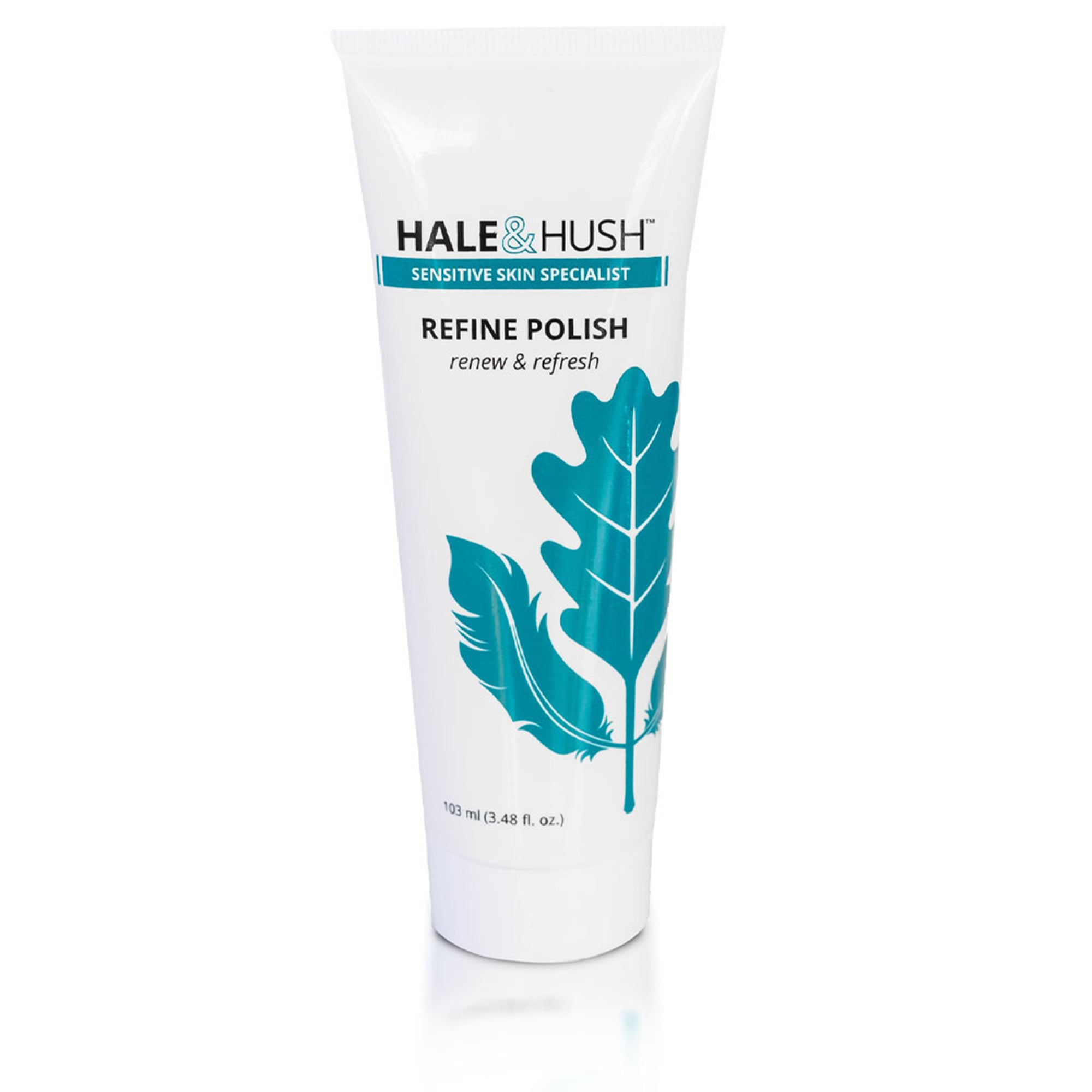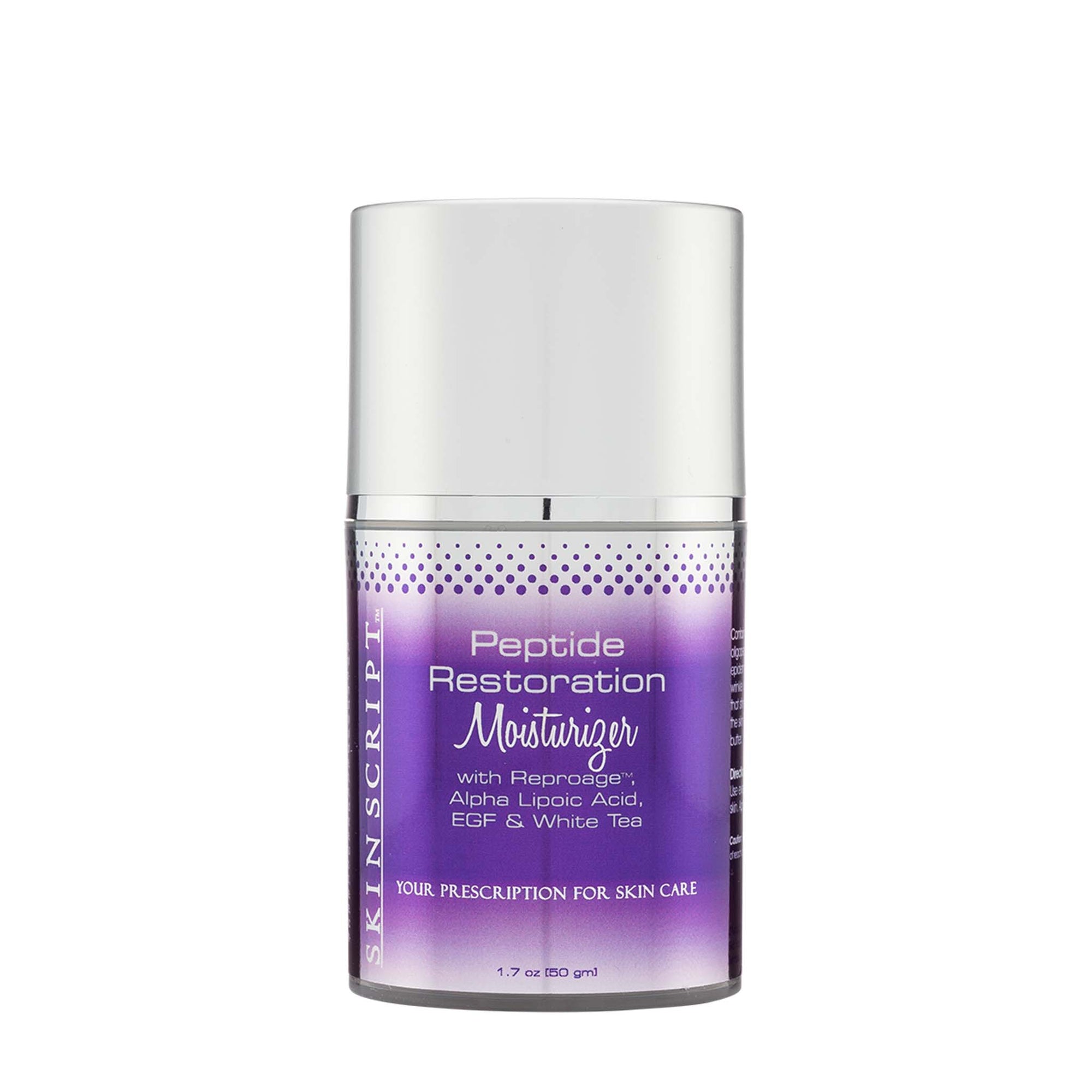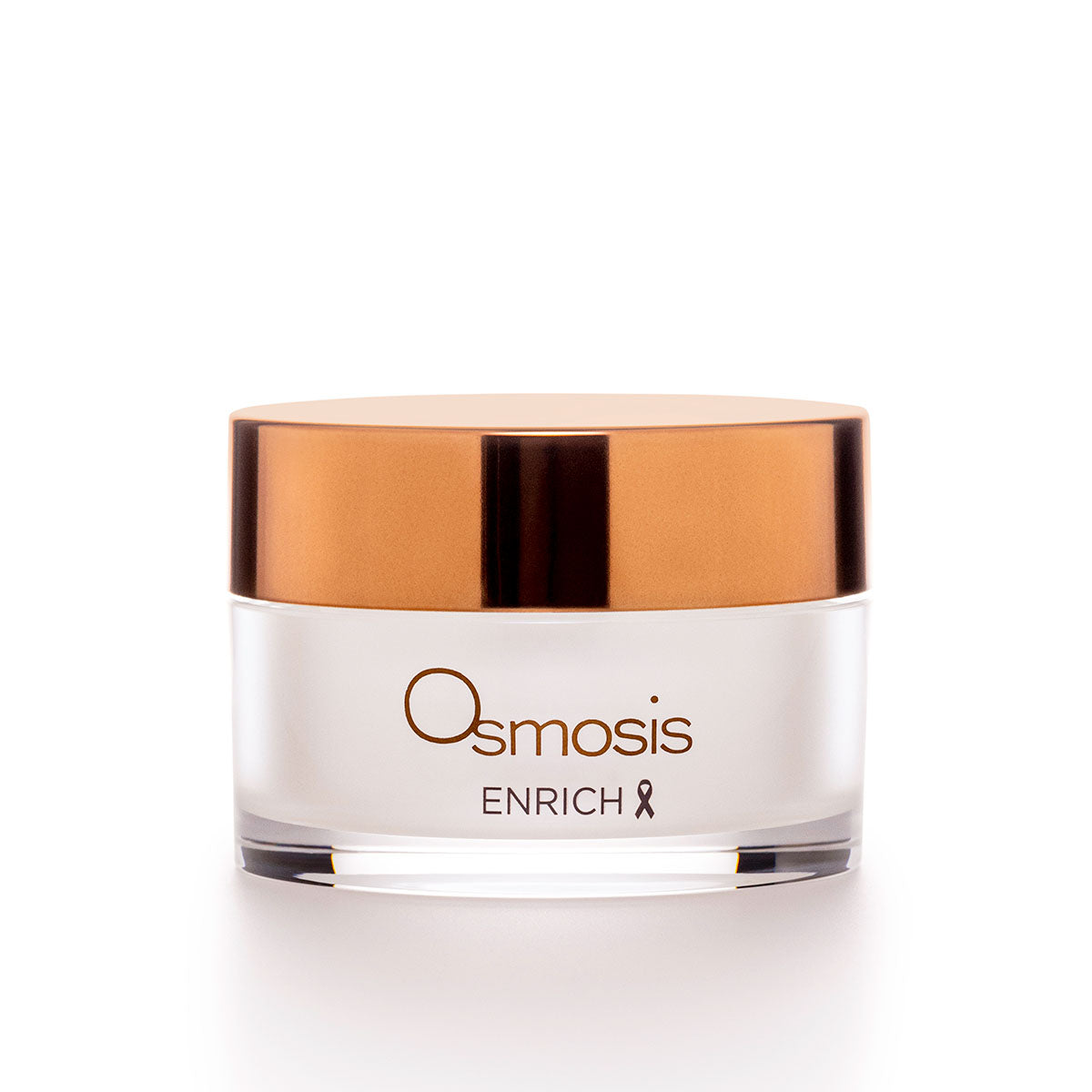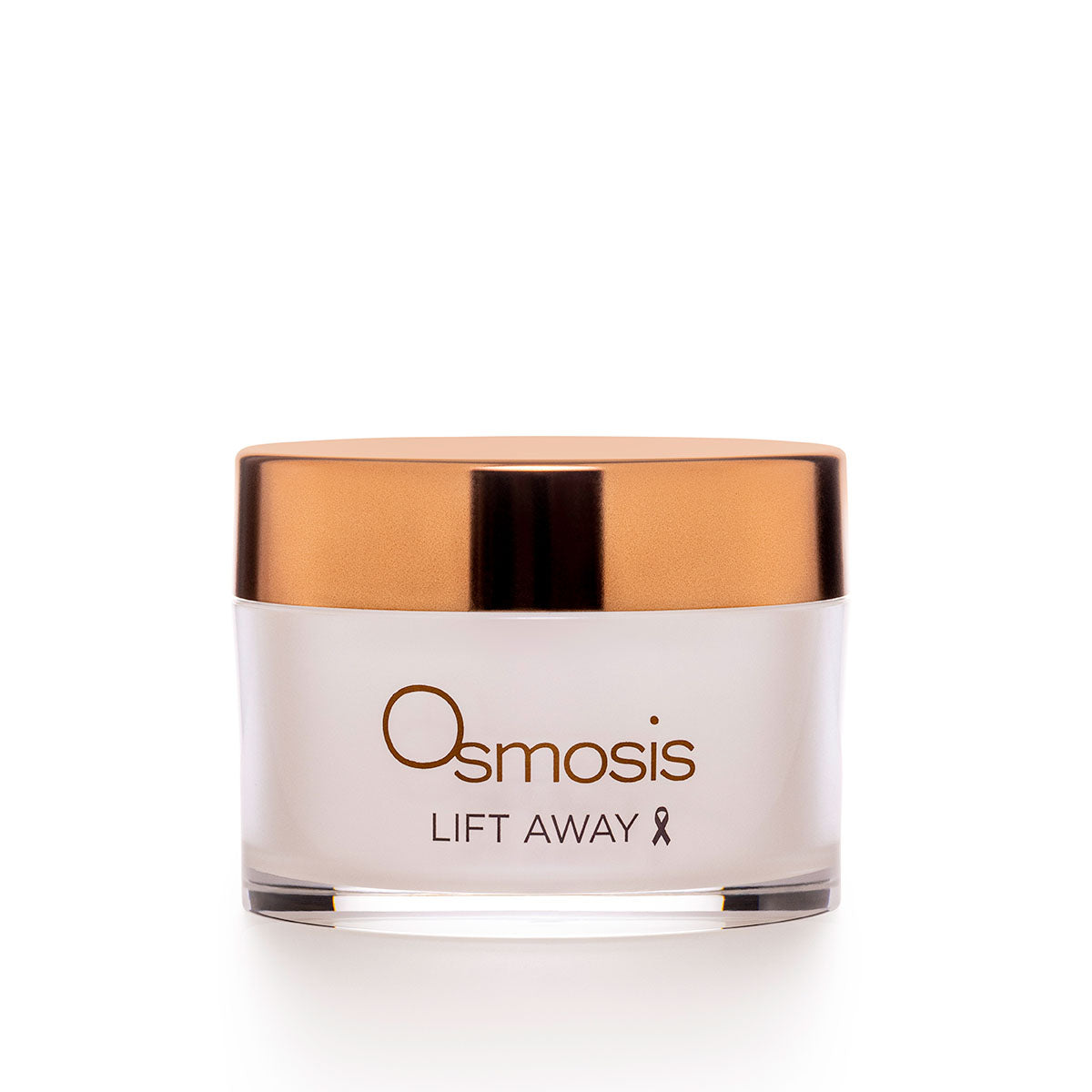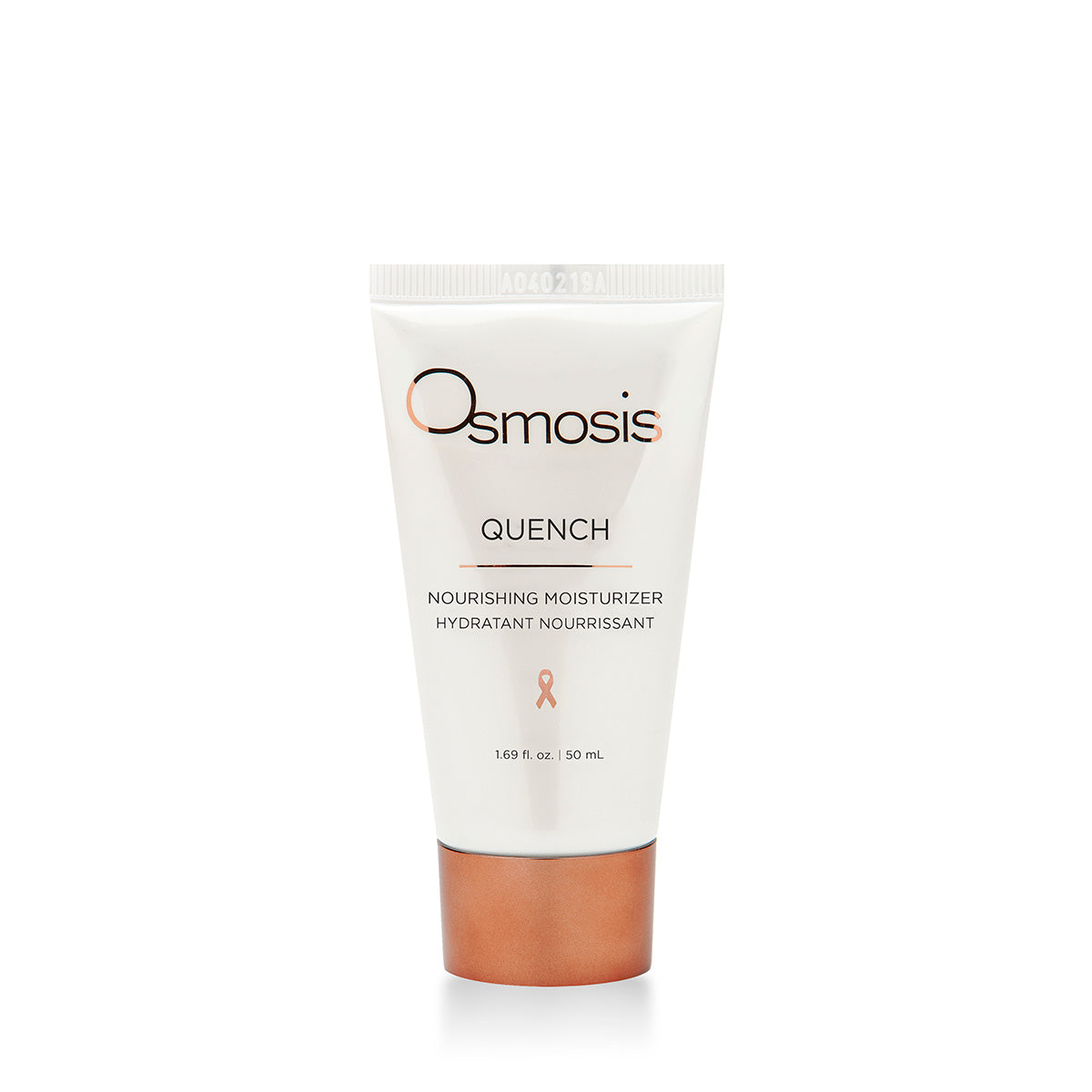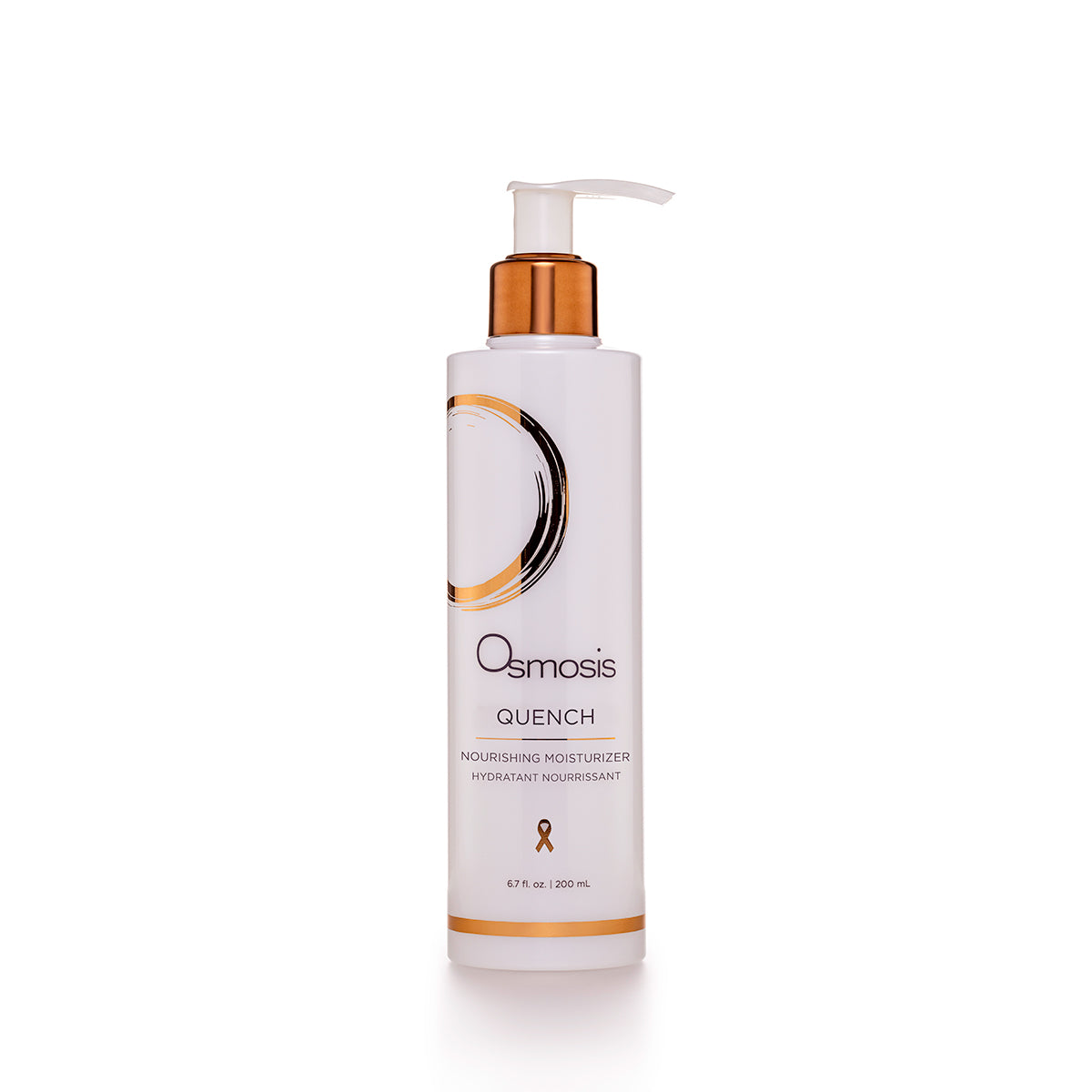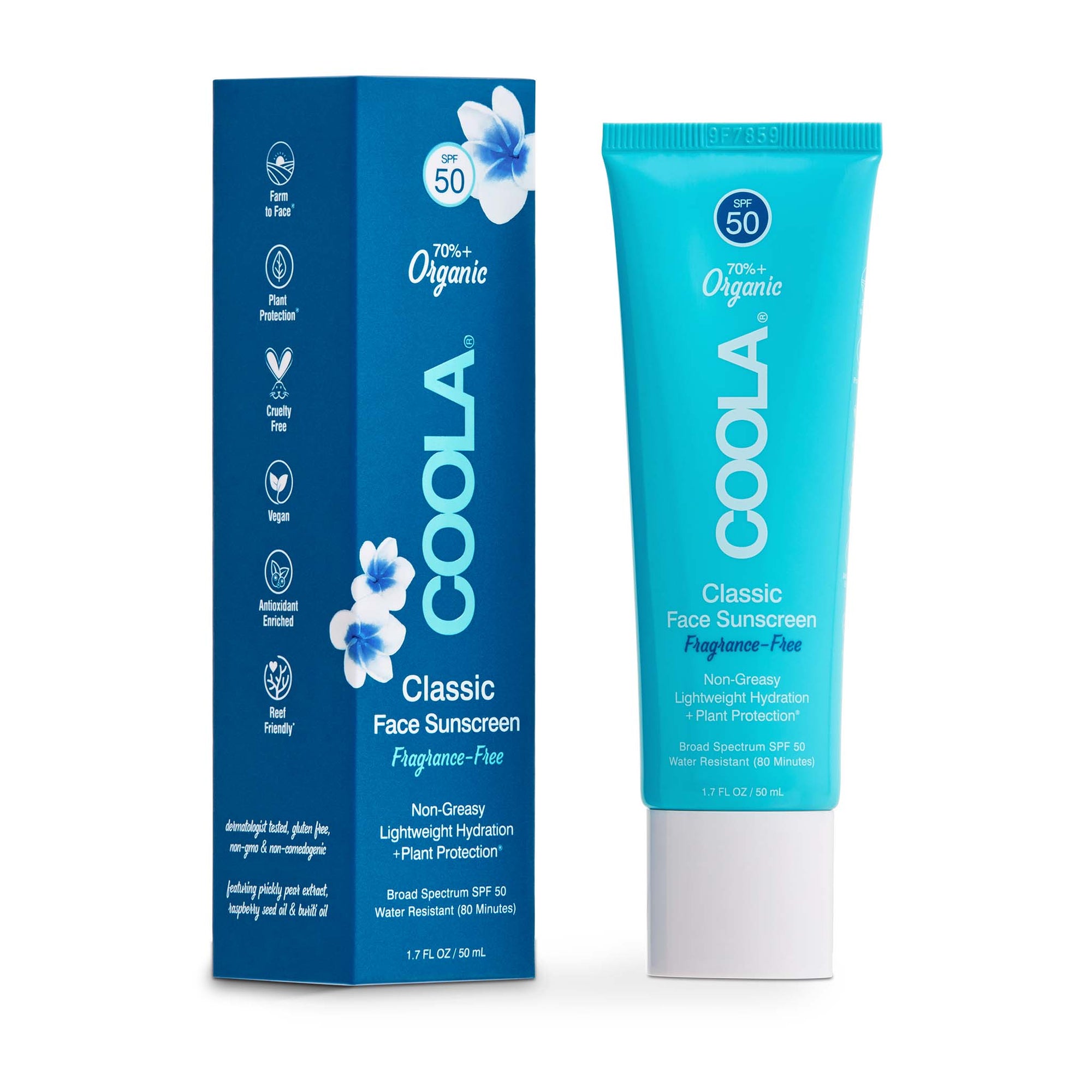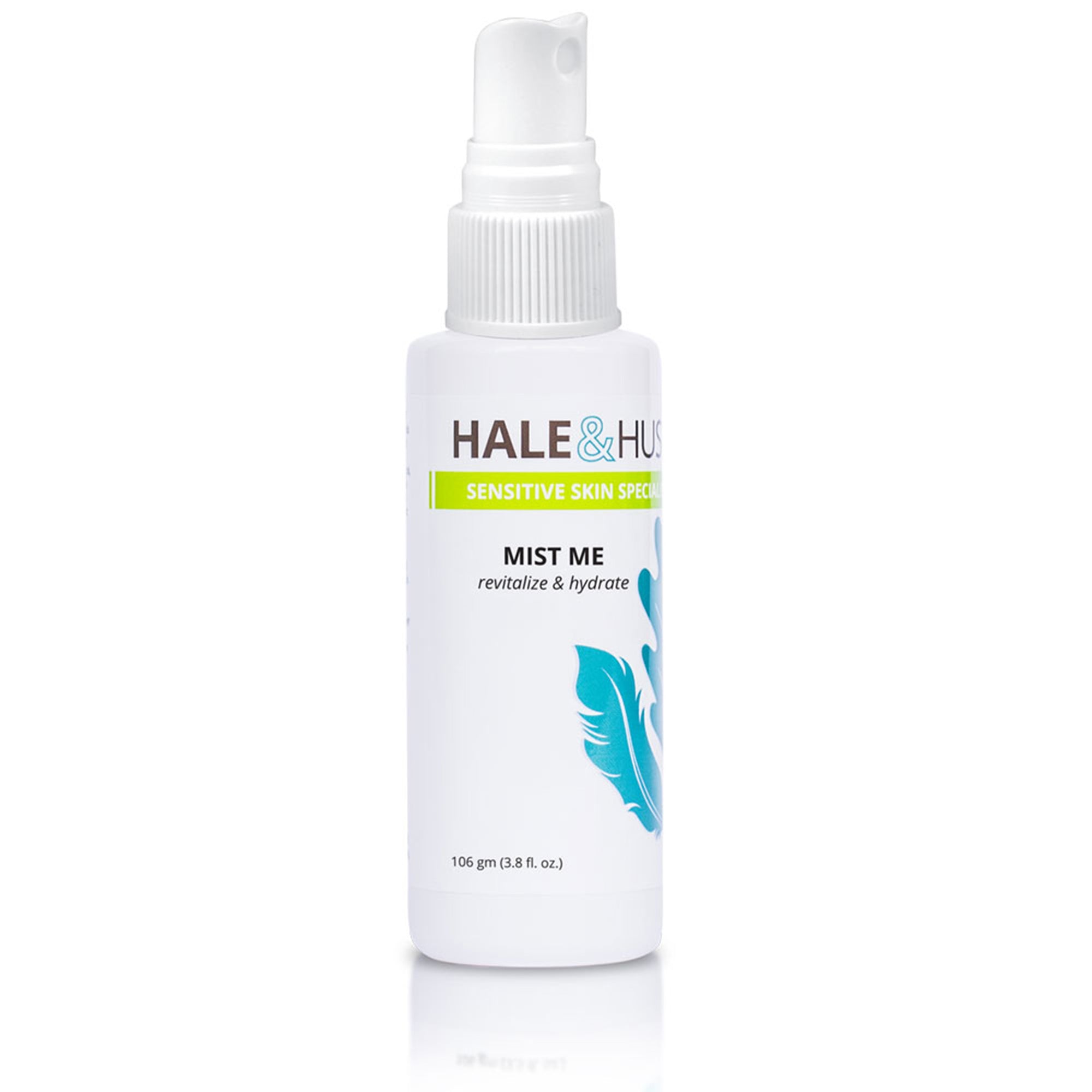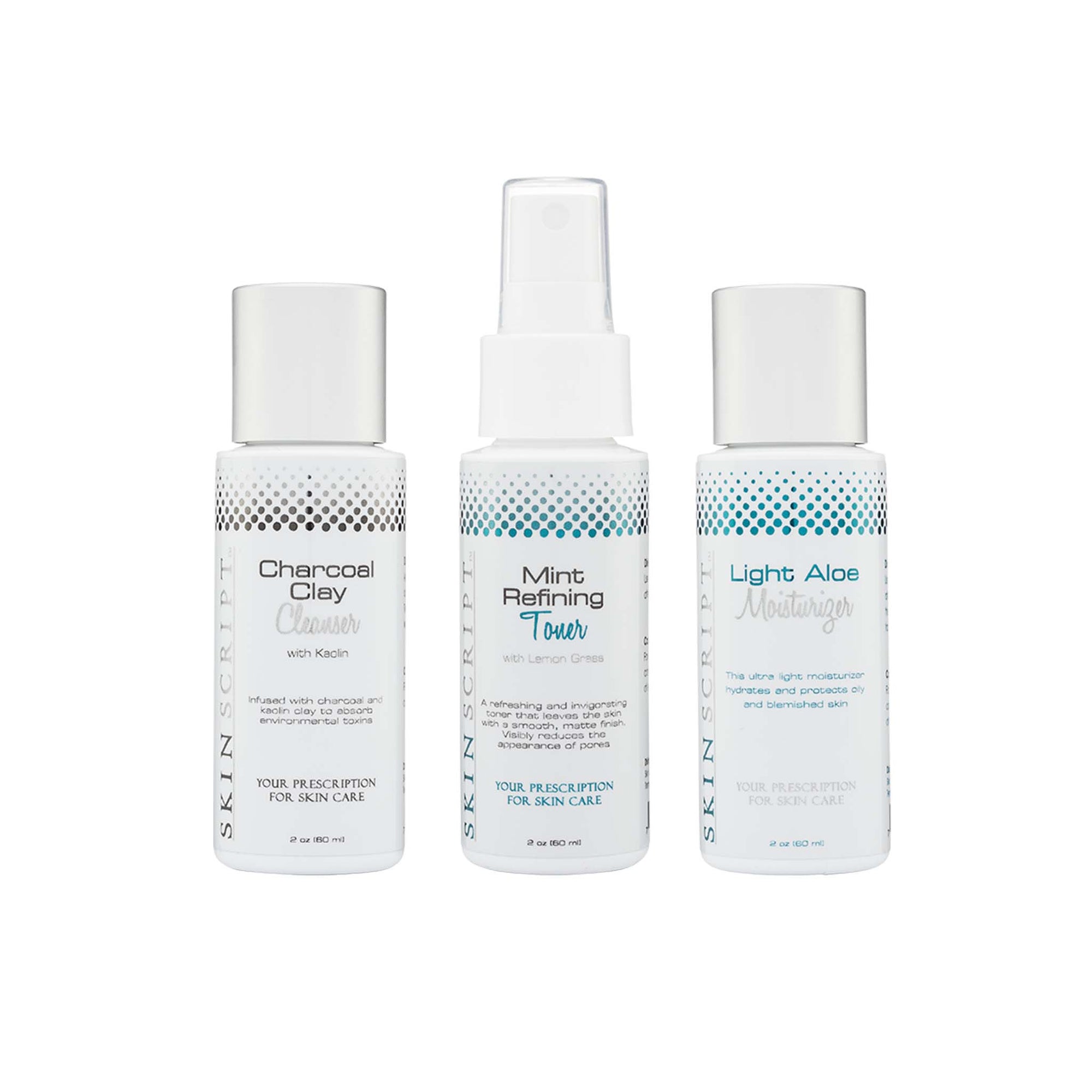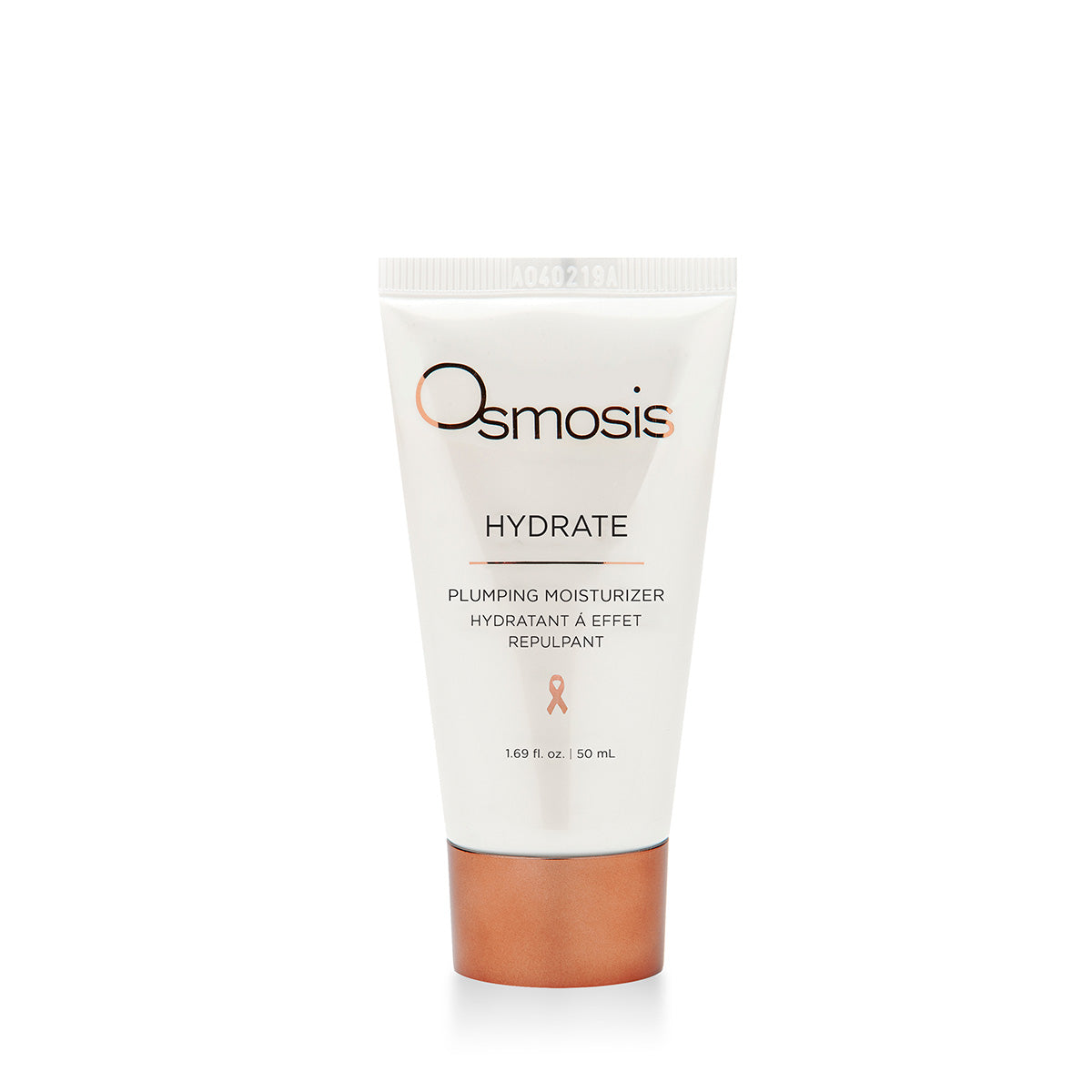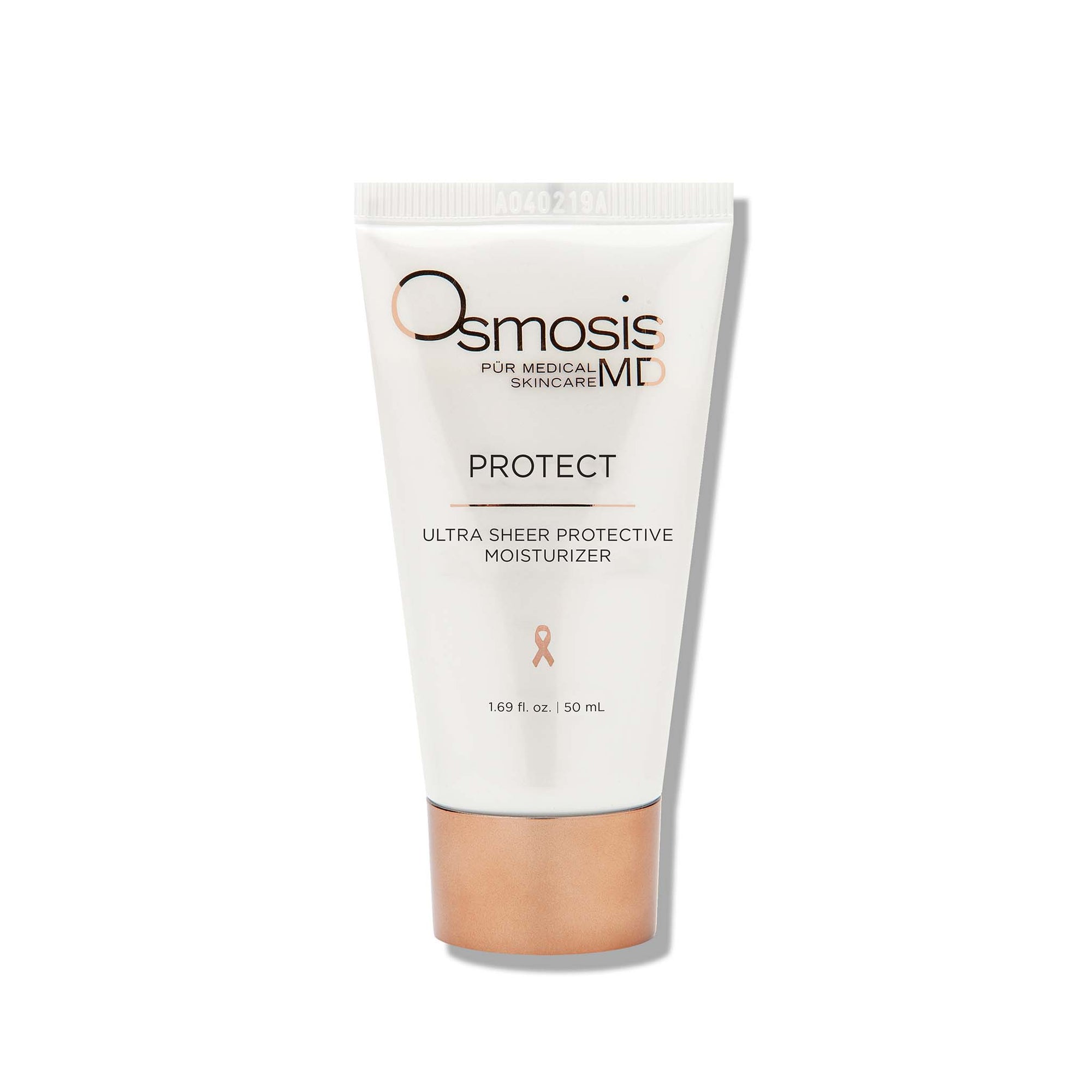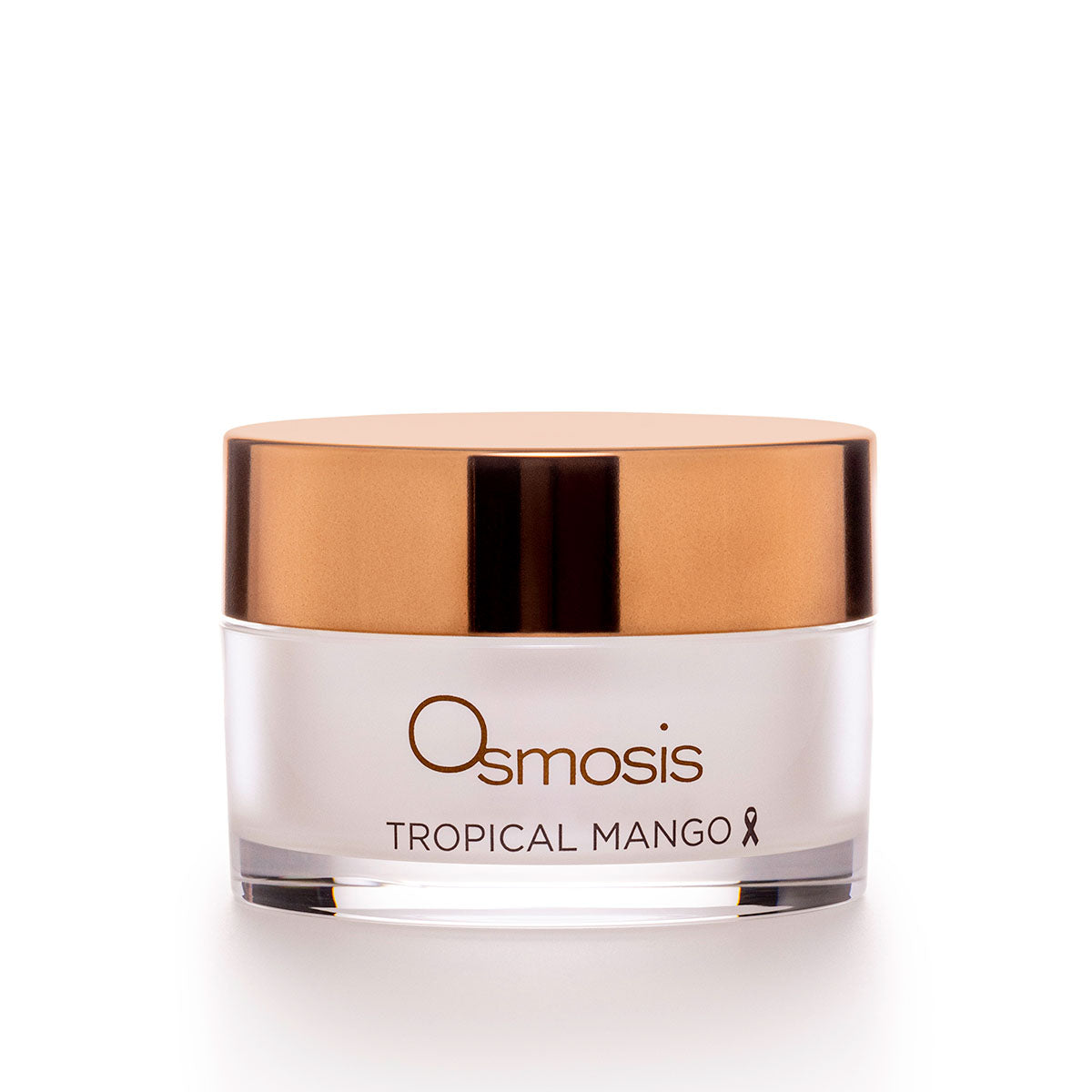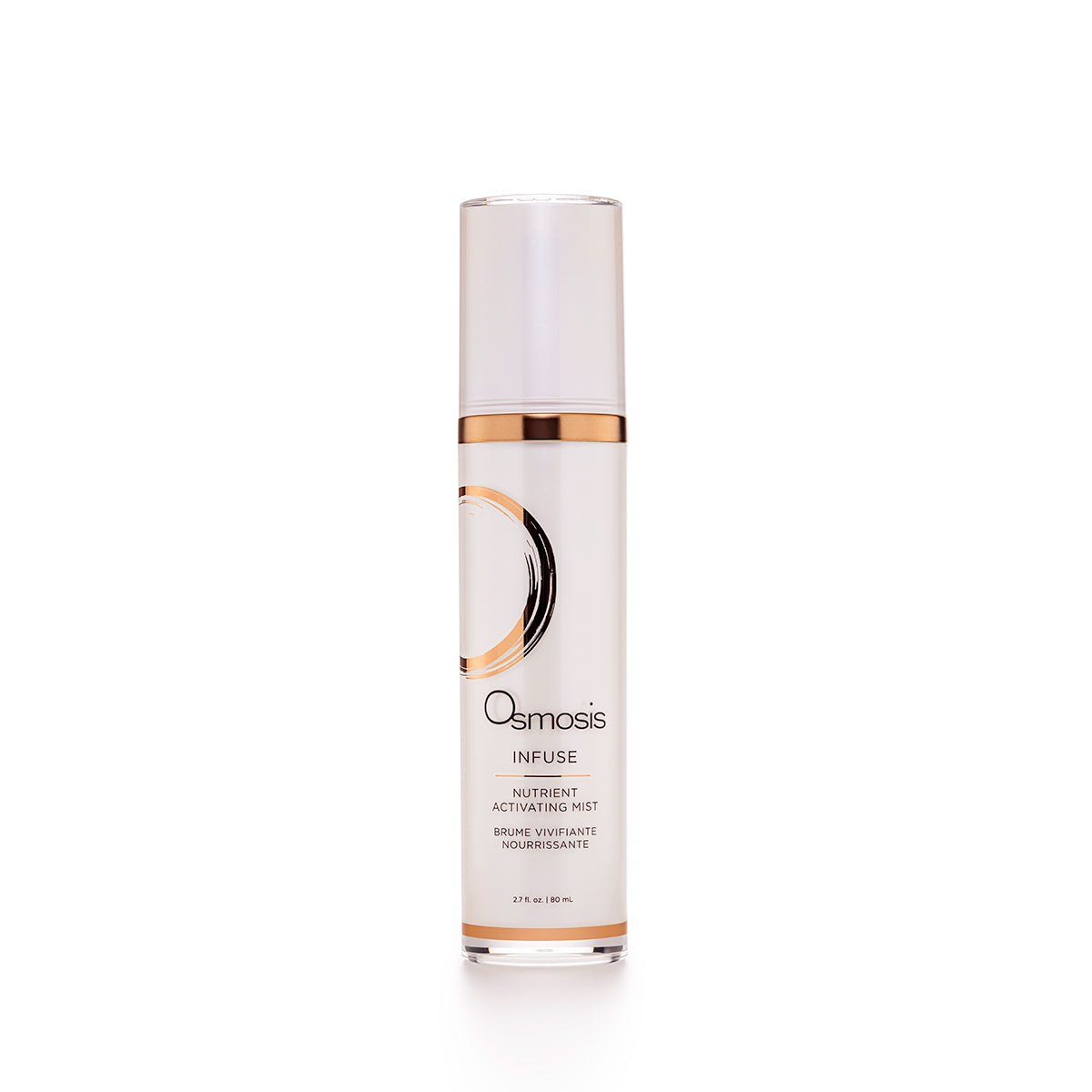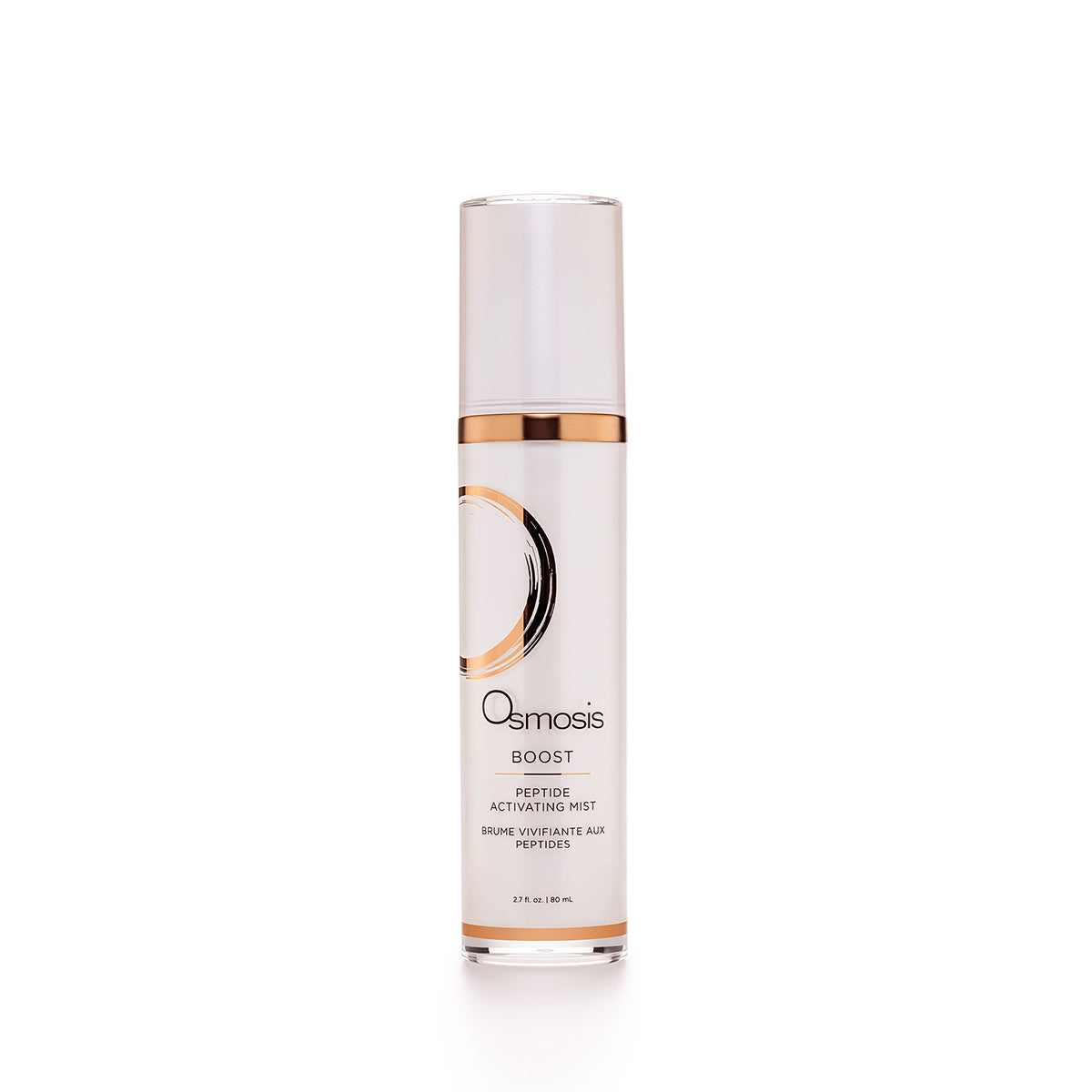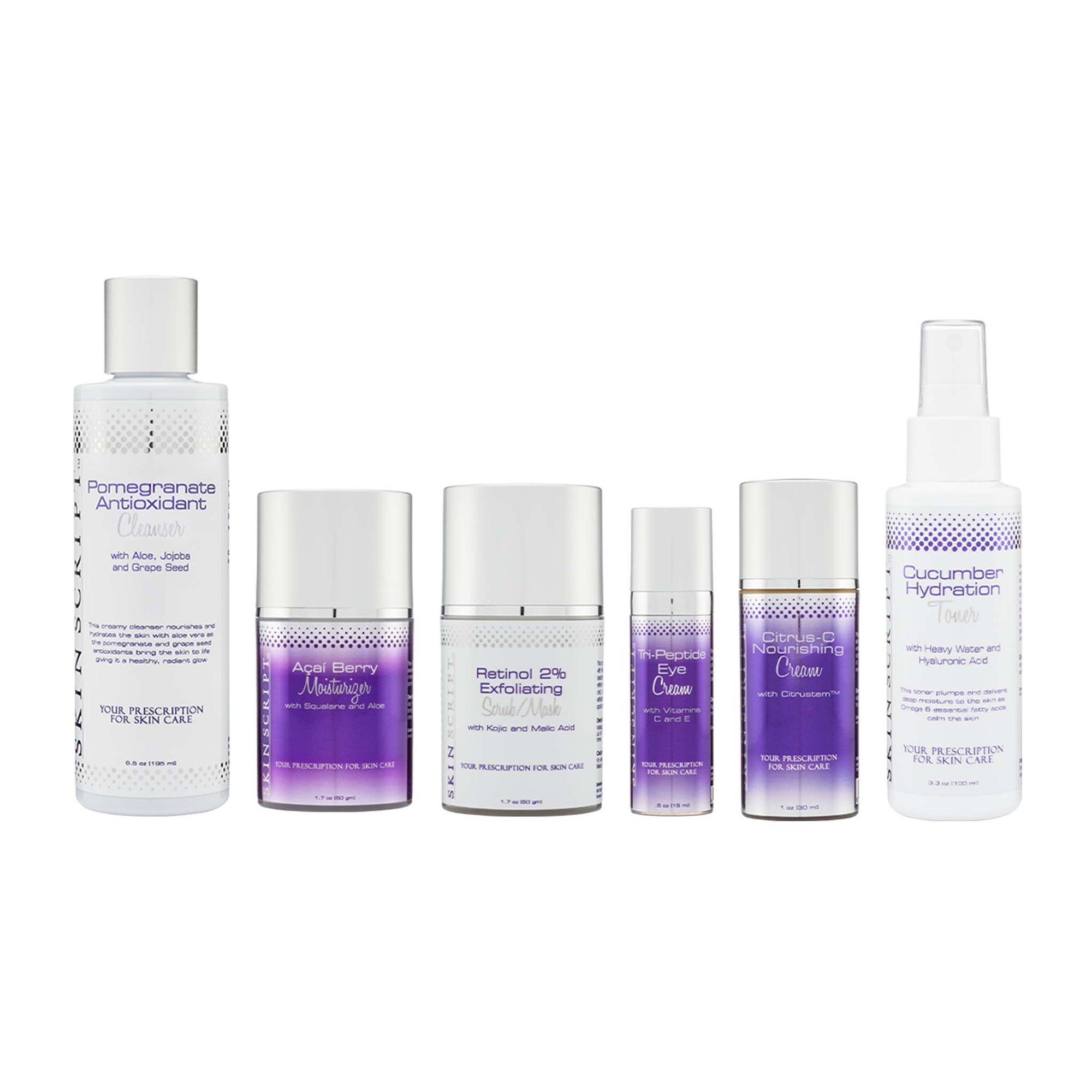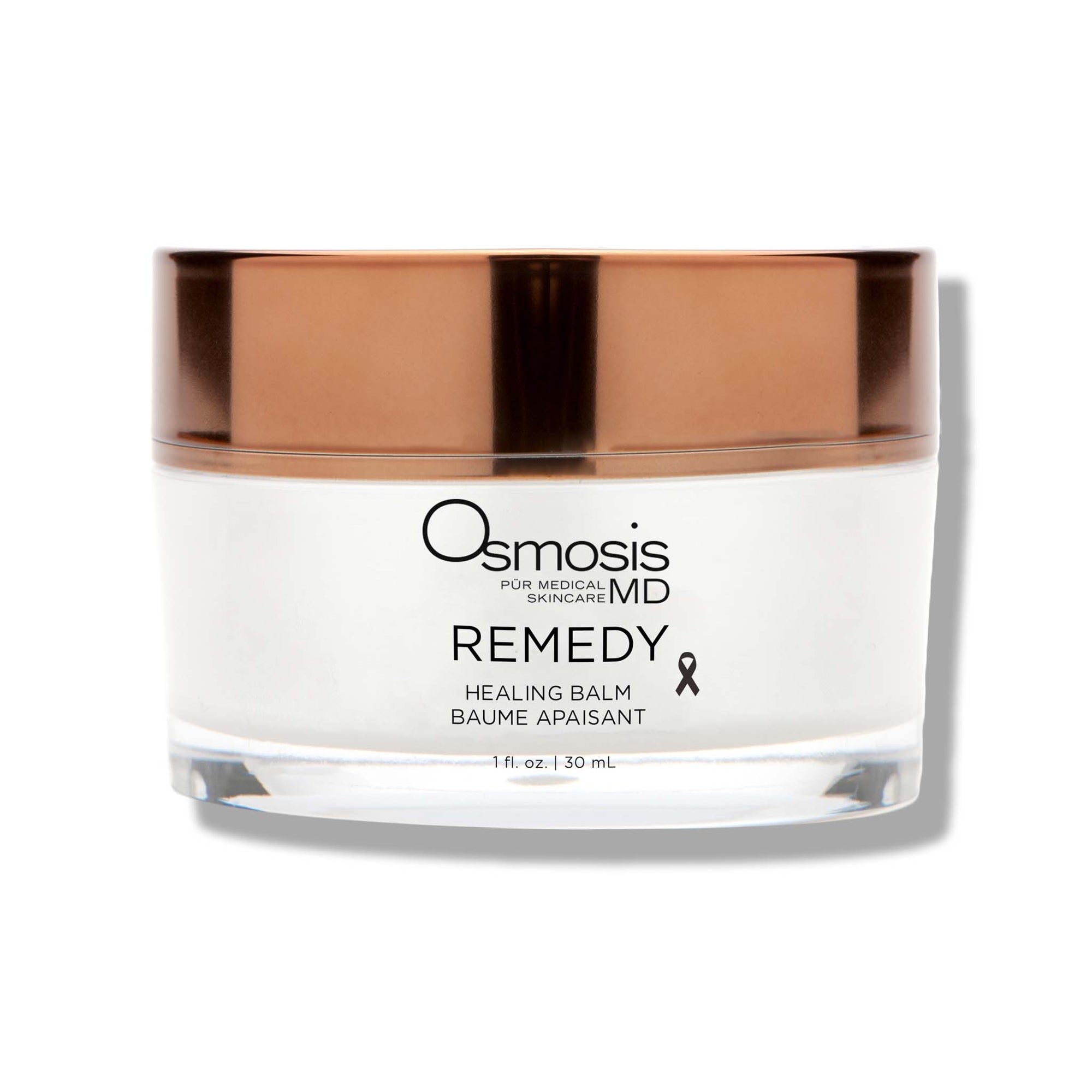Sensitive Skin
What Is Sensitive Skin?
If your skin often looks red and feels itchy, you have sensitive skin. While it doesn’t behave this way all the time, you may notice occasional irritations that can burn or sting, or become dry and flaky.
A visit to the dermatologist may reveal what is behind the cause of your sensitive skin so you can target it at the source.
What Is the Cause of Sensitive Skin?
Sensitive skin symptoms occur when your skin’s protective barrier is compromised. Sometimes, this is due to dehydration or the environment. Other times, it could signal an underlying condition.
Generally, sensitive skin will present itself as rough and flaky patches, redness, swelling, peeling, or open sores.
Contact dermatitis is a common cause of sensitive skin. This happens when your skin is exposed to an irritant, such as fragrance in a product you use. Commonly, this happens with laundry detergents though it can be caused by an allergic response.
Rosacea is another skin condition behind sensitive skin. While no one is sure what causes it, you are more likely to have it if you have fair skin and if it runs in your family. Acne, dry skin, age, hormonal changes, and weather are all potential causes of sensitive skin too. Since there are so many reasons for skin to react this way, it’s important to have an evaluation from your dermatologist to determine the right course of action.
In other cases, it could be medications you’re taking or a more serious medical condition. When diseases affect your skin or blood, you may need to have a full medical exam to rule out options like skin cancer, MS, kidney disease, and other conditions.
Steps to Improve Sensitive Skin
After having things medically checked out, you will want to do everything you can to keep your sensitive skin healthy. The first step is in watching your water temperature when doing your skincare routine or bathing. The water should always be lukewarm rather than steaming hot. Hot water can deplete your skin of its own essential moisture and leave it vulnerable.
Additionally, you need to choose products formulated for sensitive skin. That means your body wash, face wash, moisturizer, and sunscreen. These items should be free of perfumes and fragrances.
With your clothing and bedding, be sure you’re using a laundry detergent that is free of fragrances too. Many women find that when they switch to a safe, gentle, and fragrance-free laundry detergent, their sensitive skin problems disappear.
Additionally, keep applying your moisturizer regularly to keep your skin from drying out too much. If you have sensitive skin, you need to use products for your skincare routine that are gentle to keep from irritating your skin. Whole Beauty Skincare will give you access to products that are made for sensitive skin to keep it looking and feeling healthy every day.

